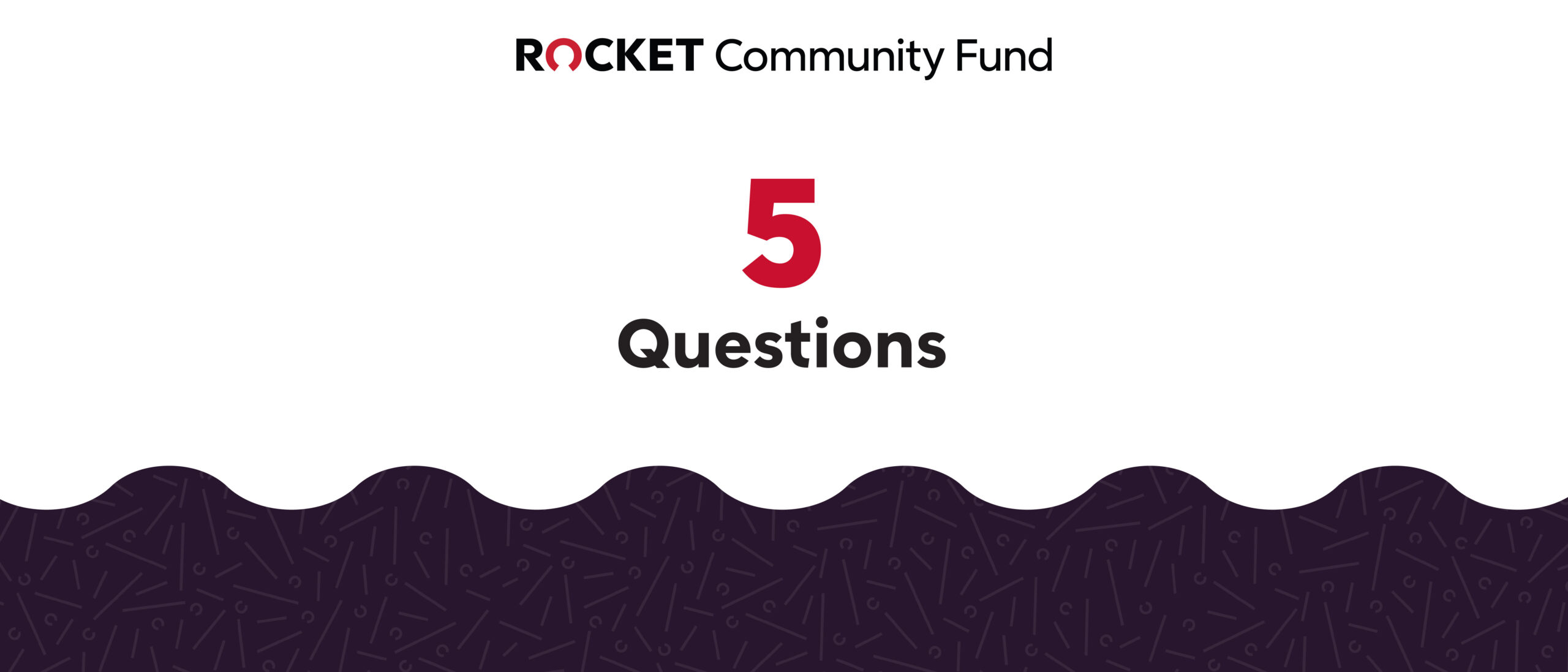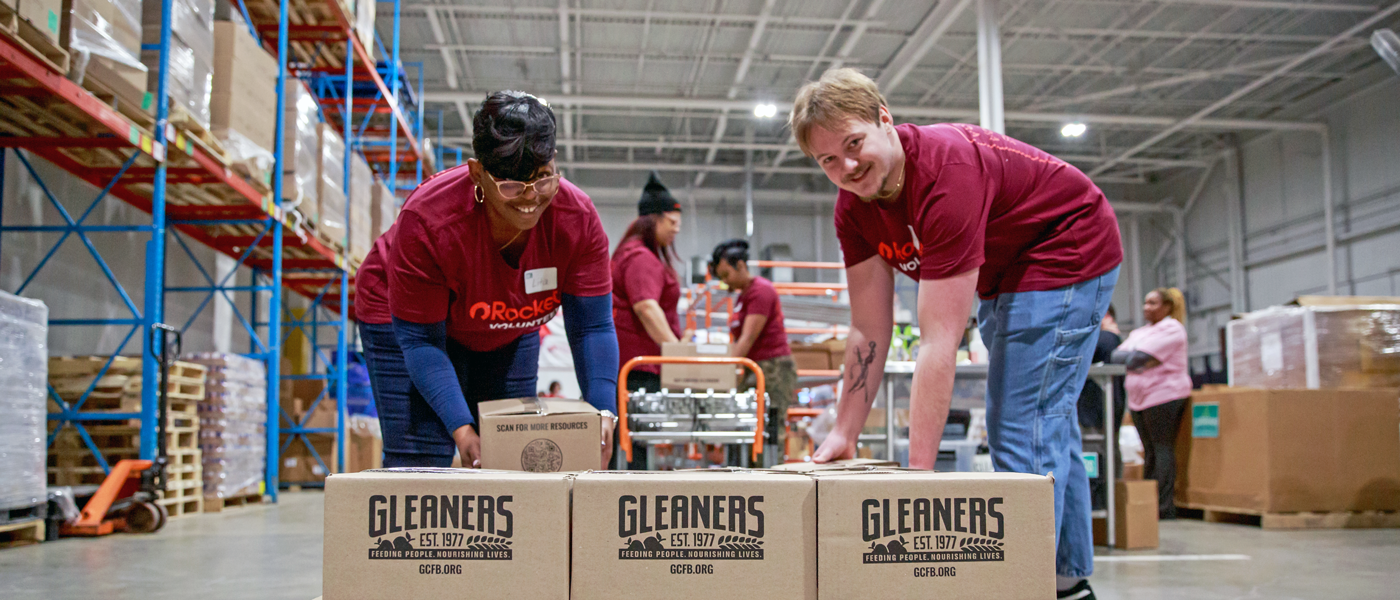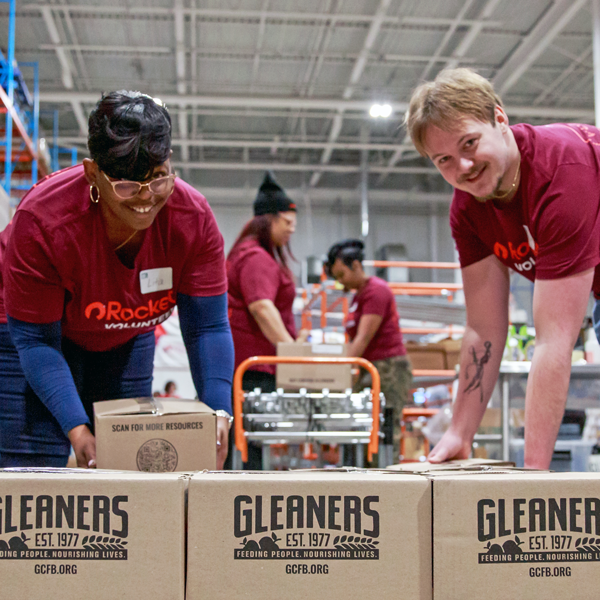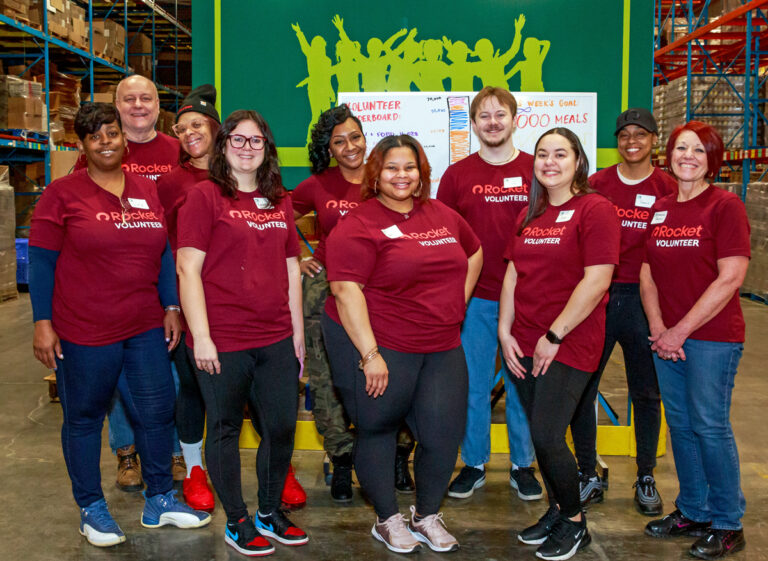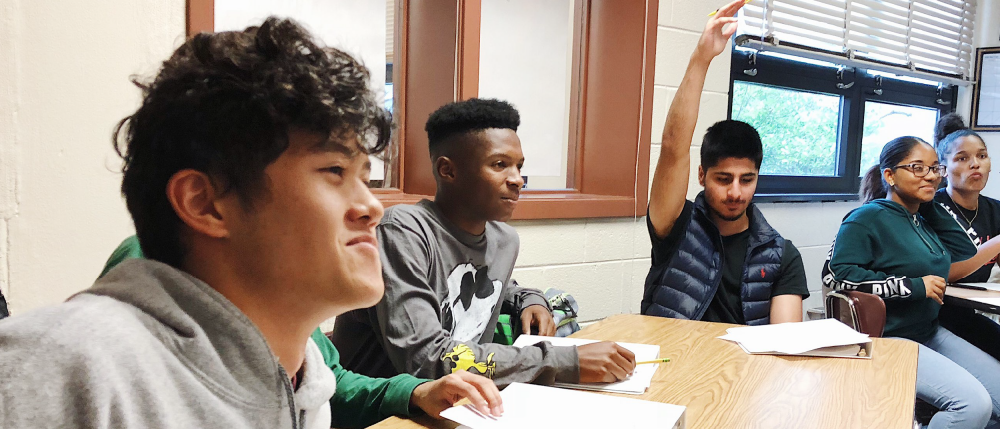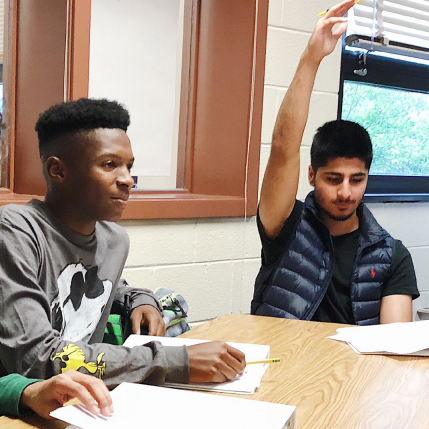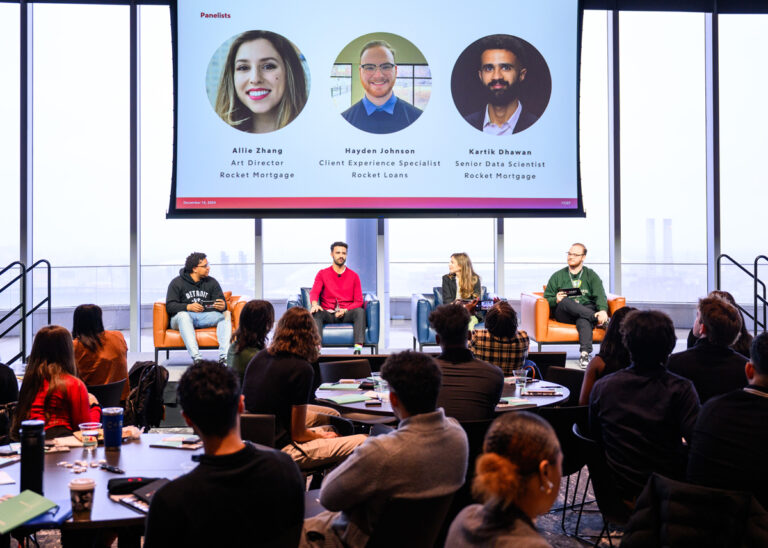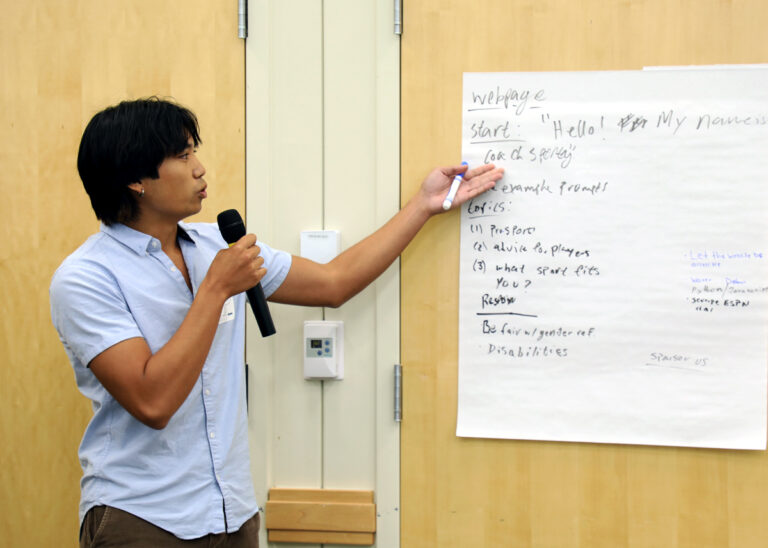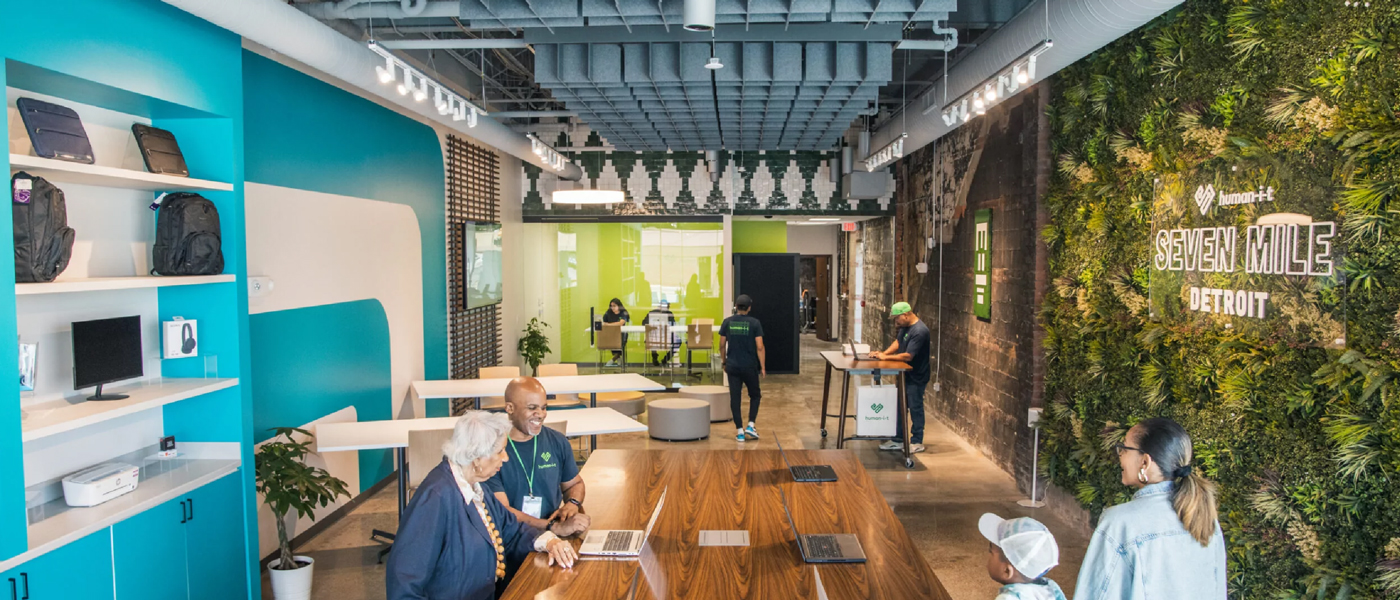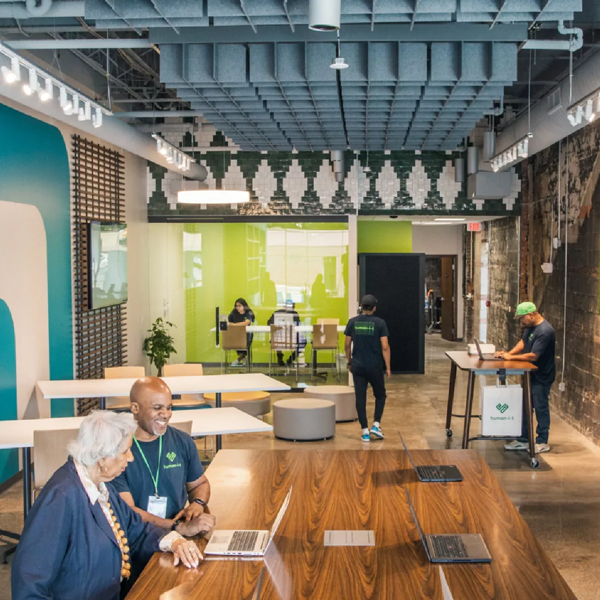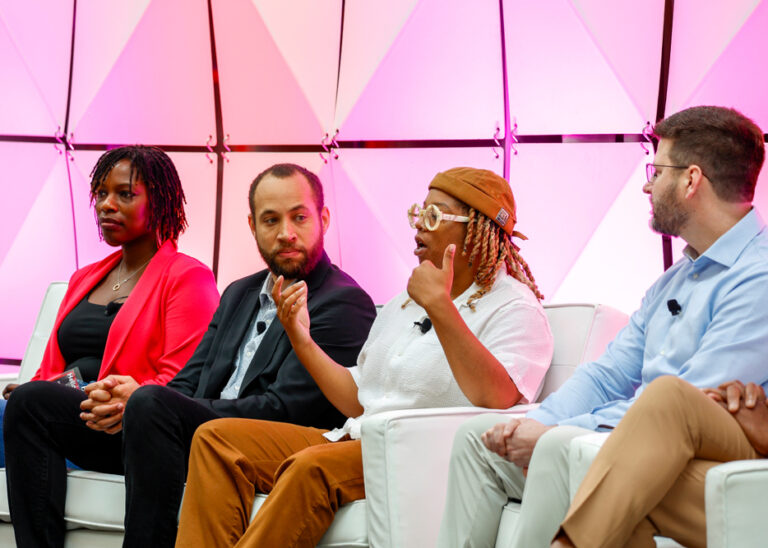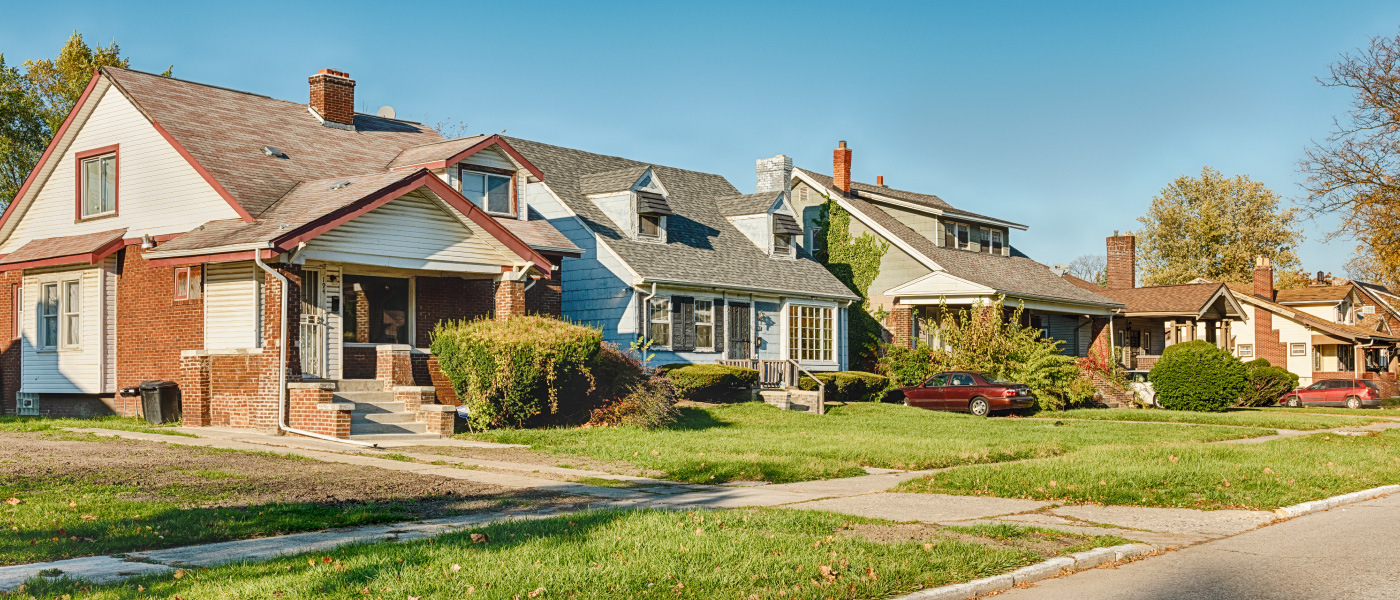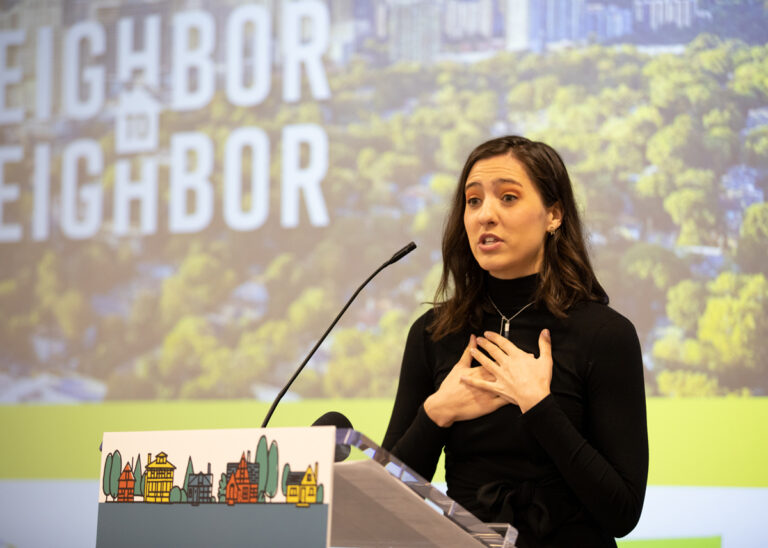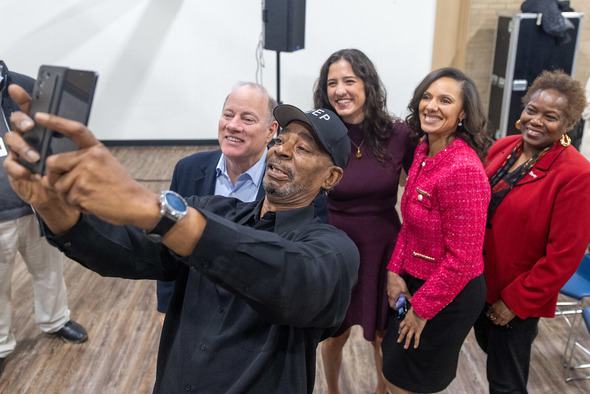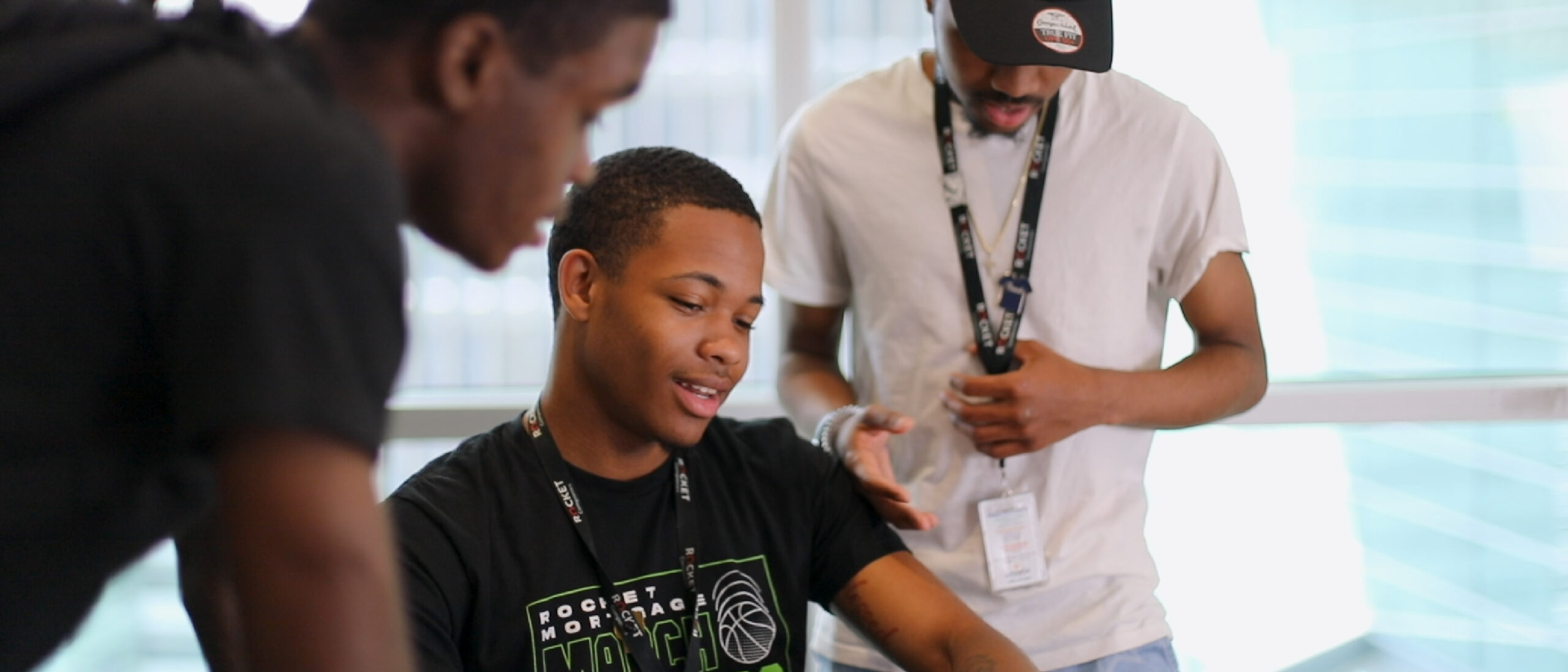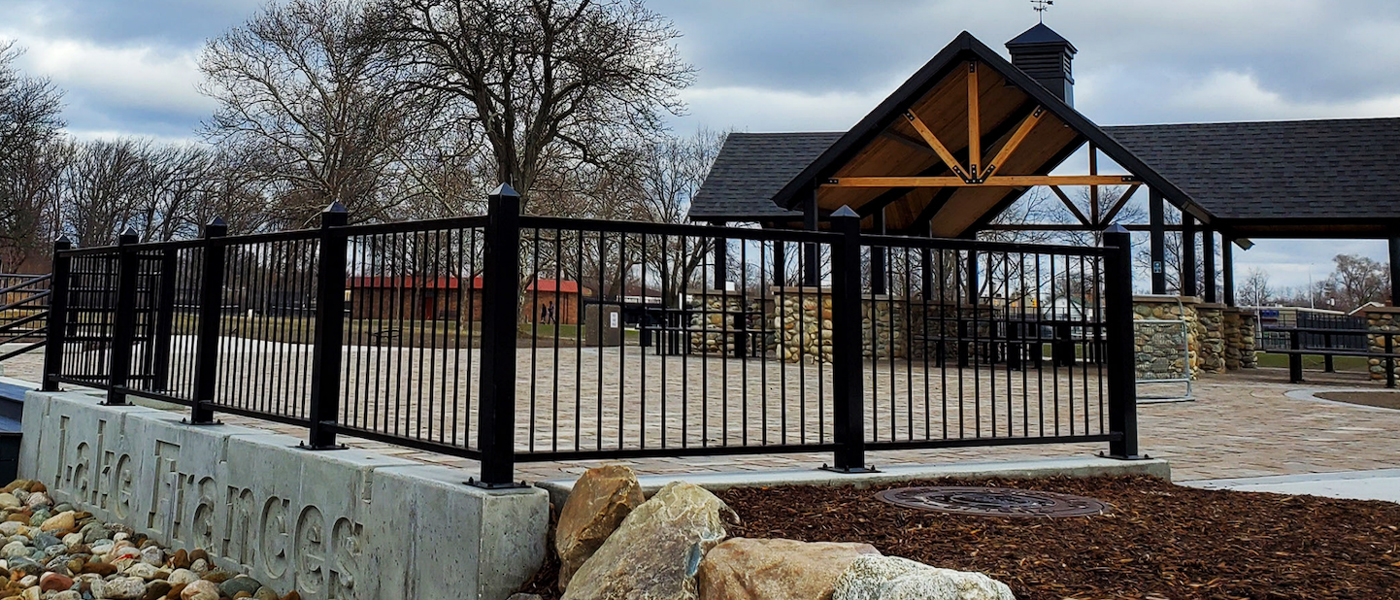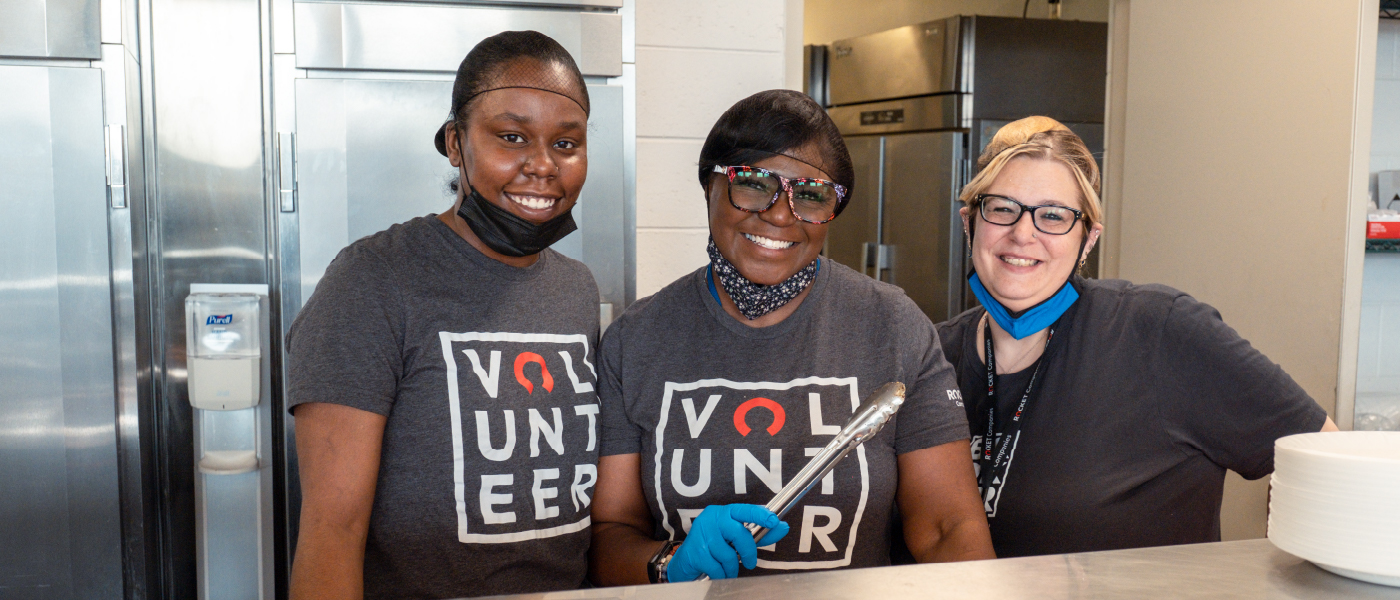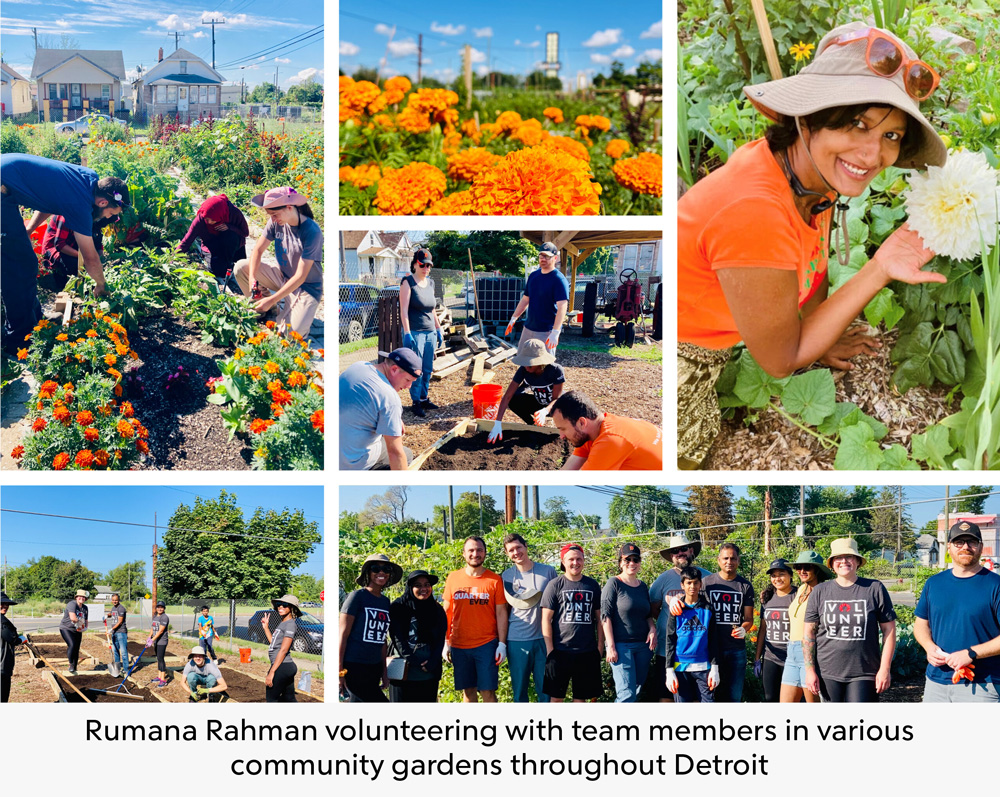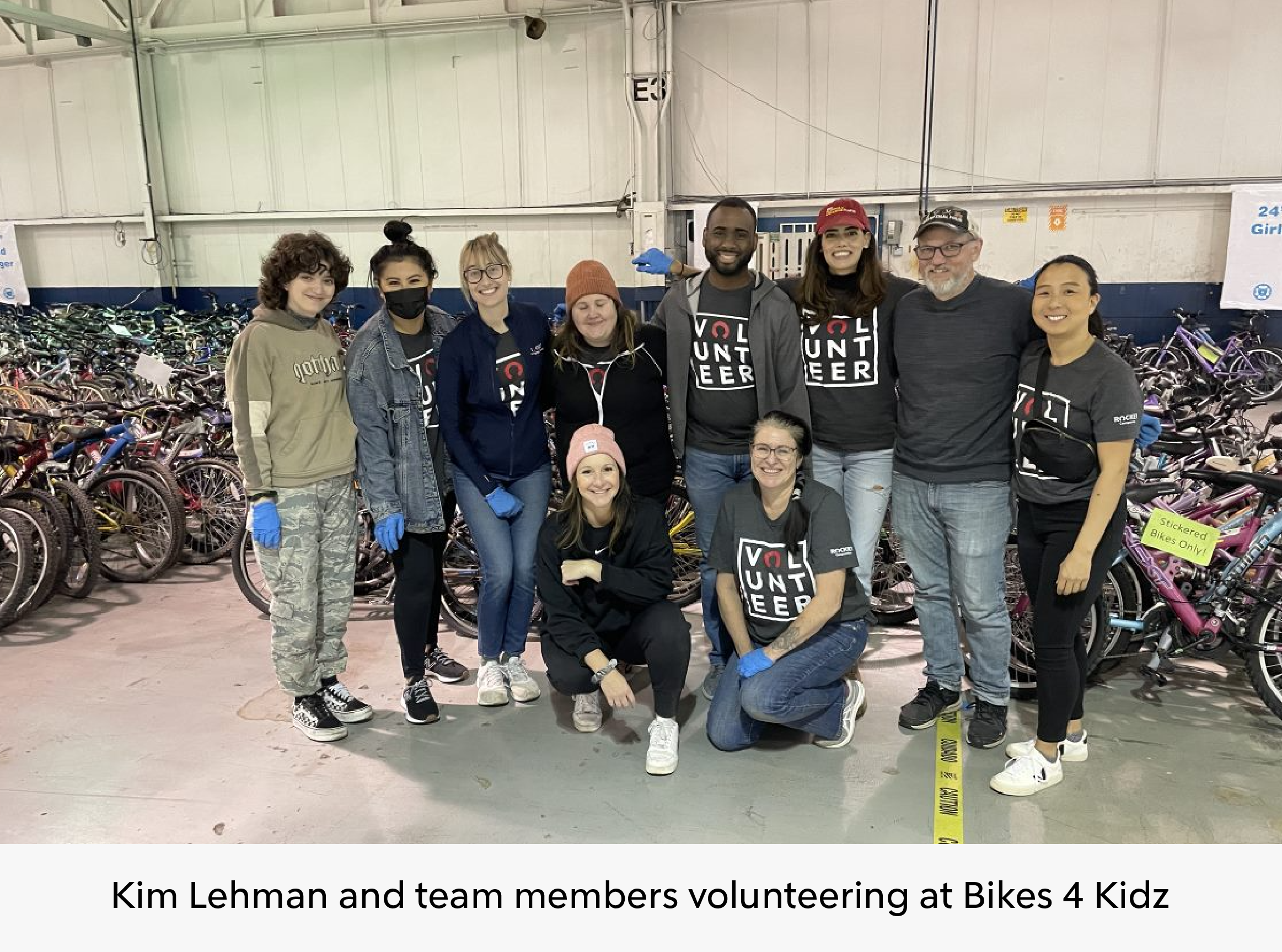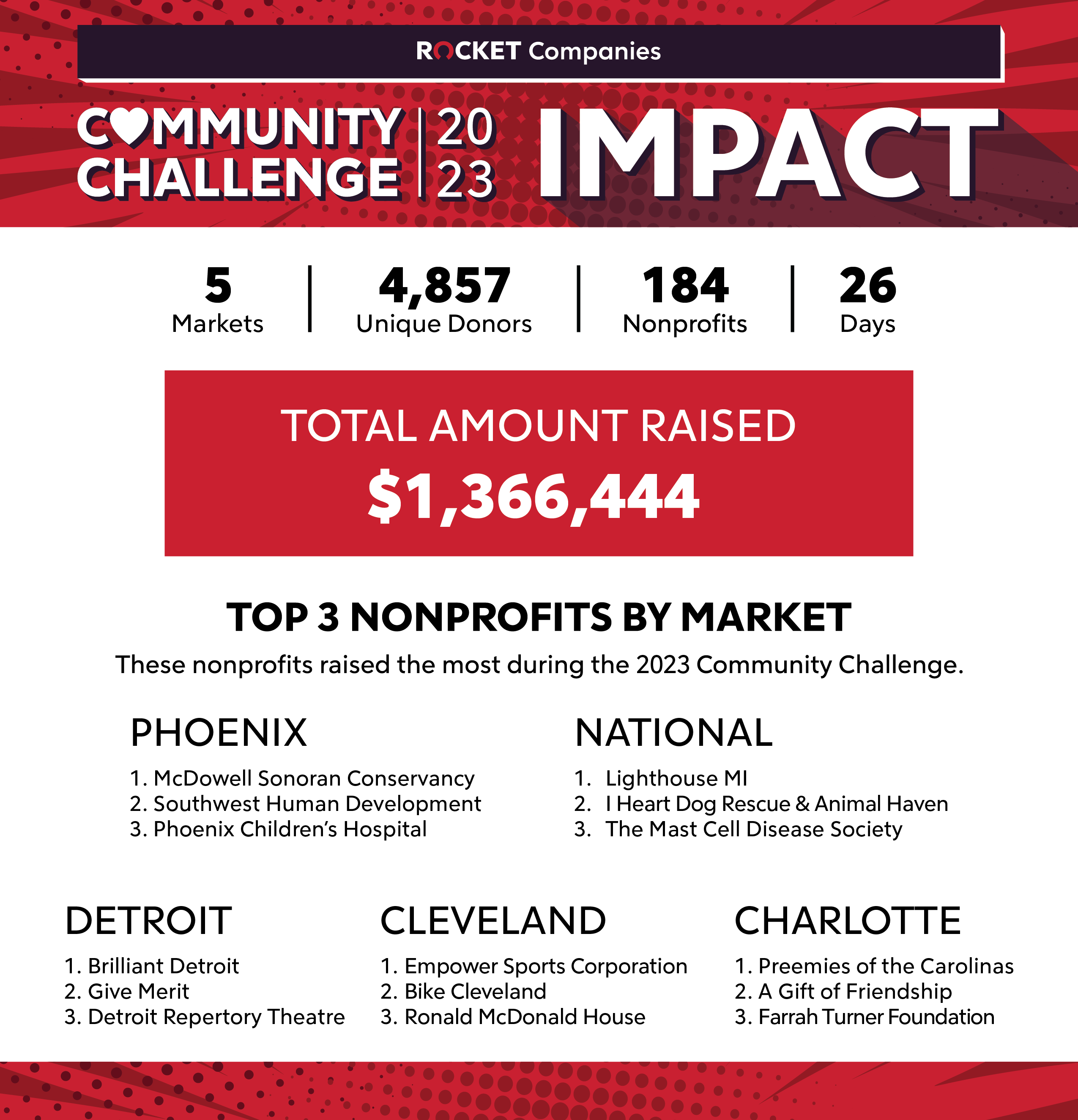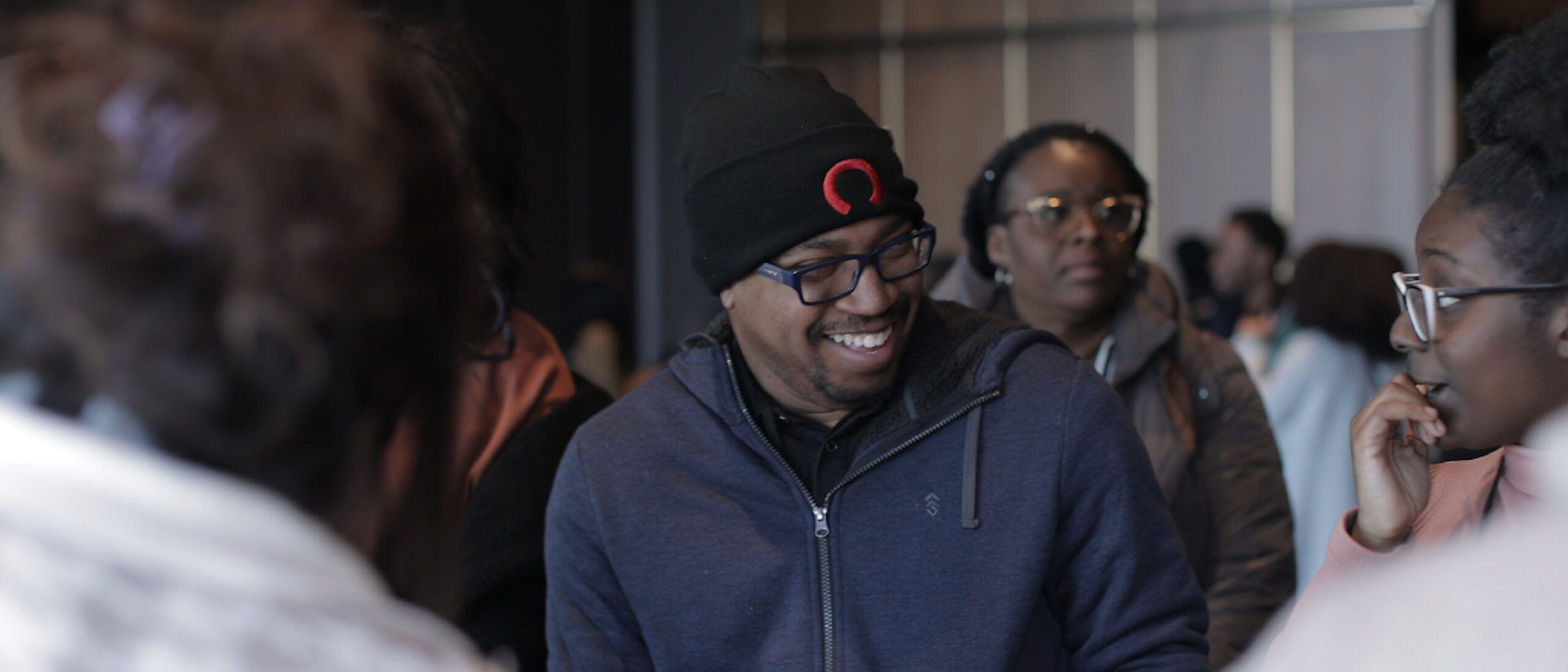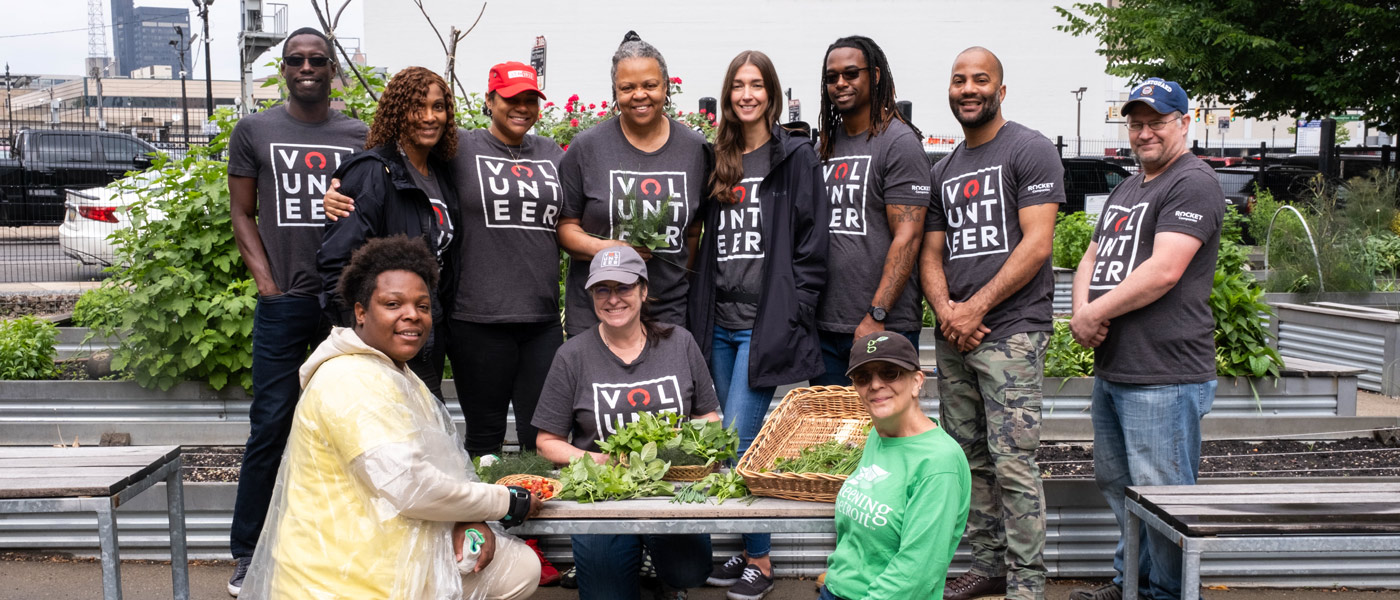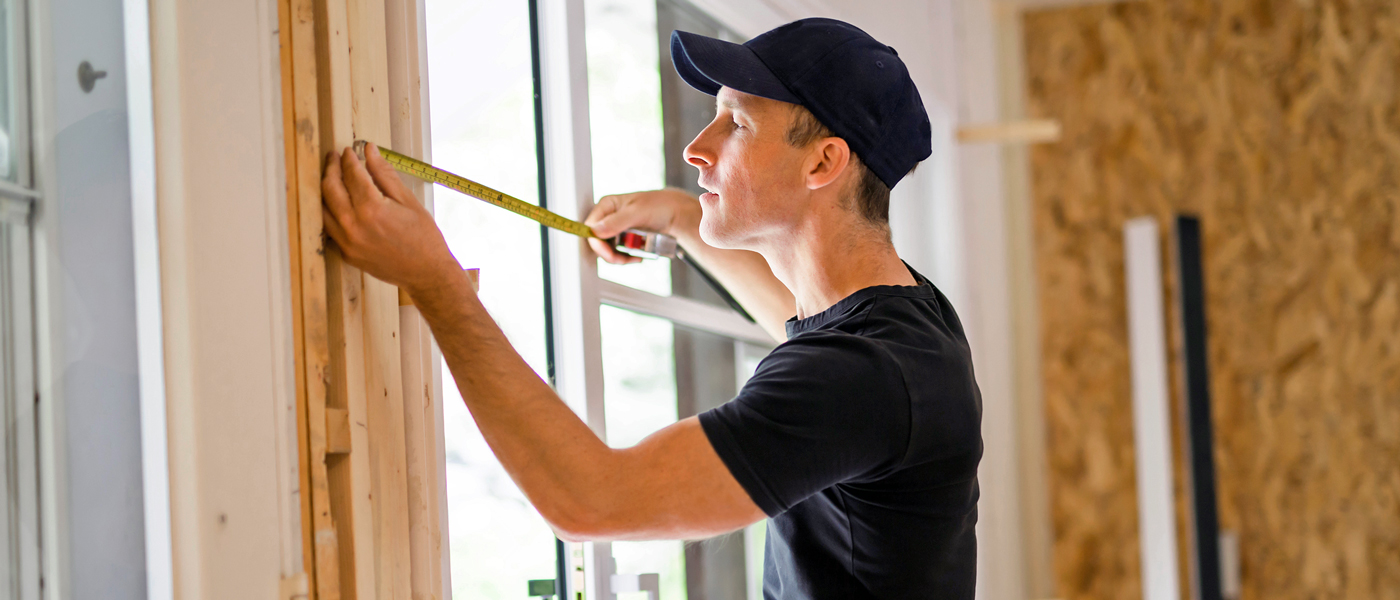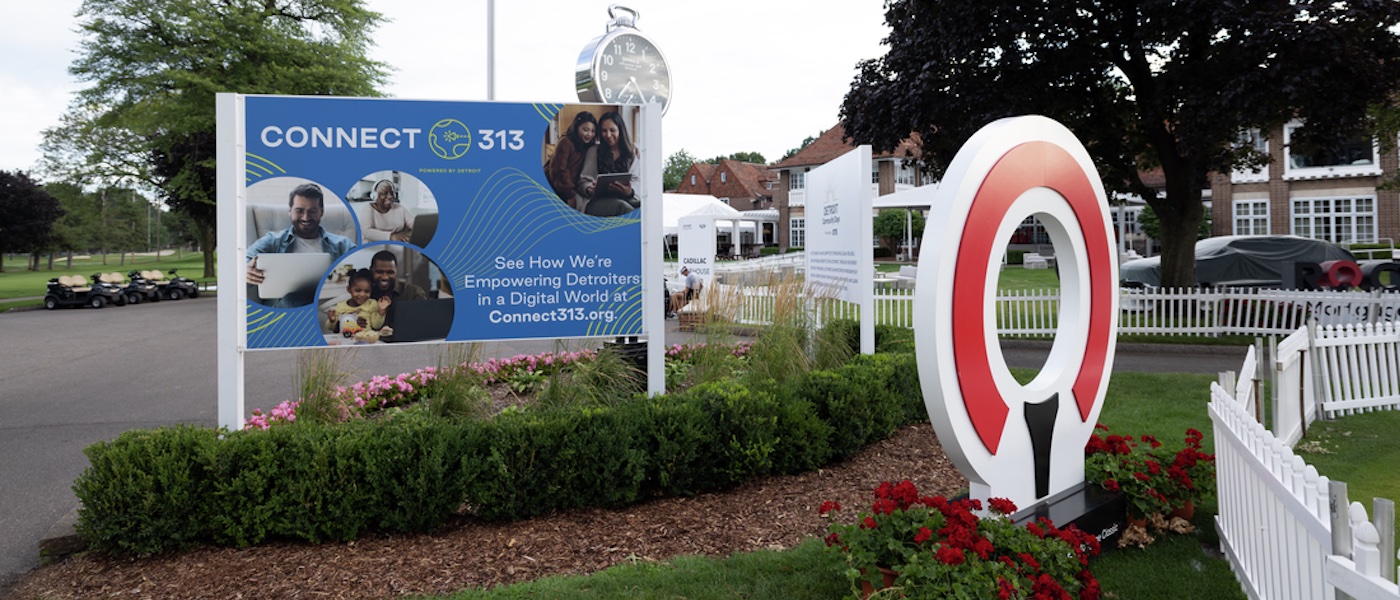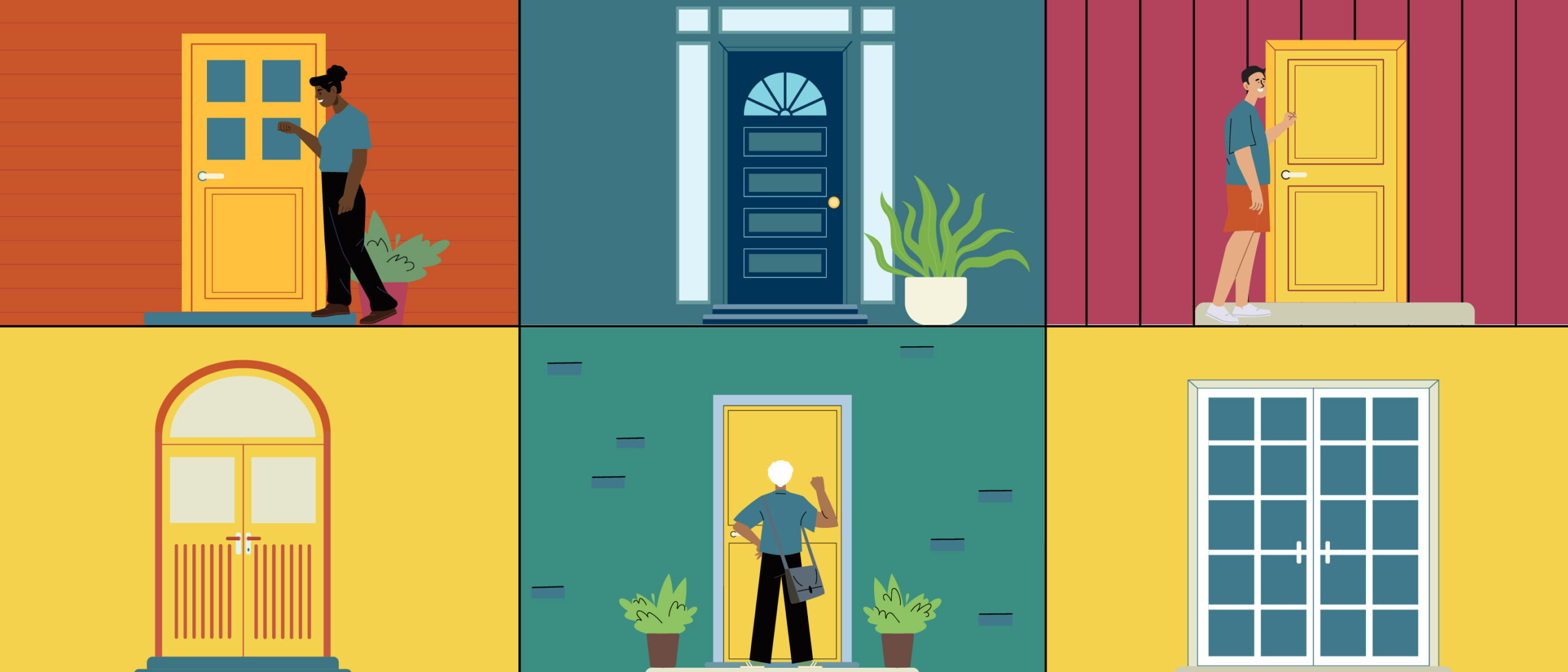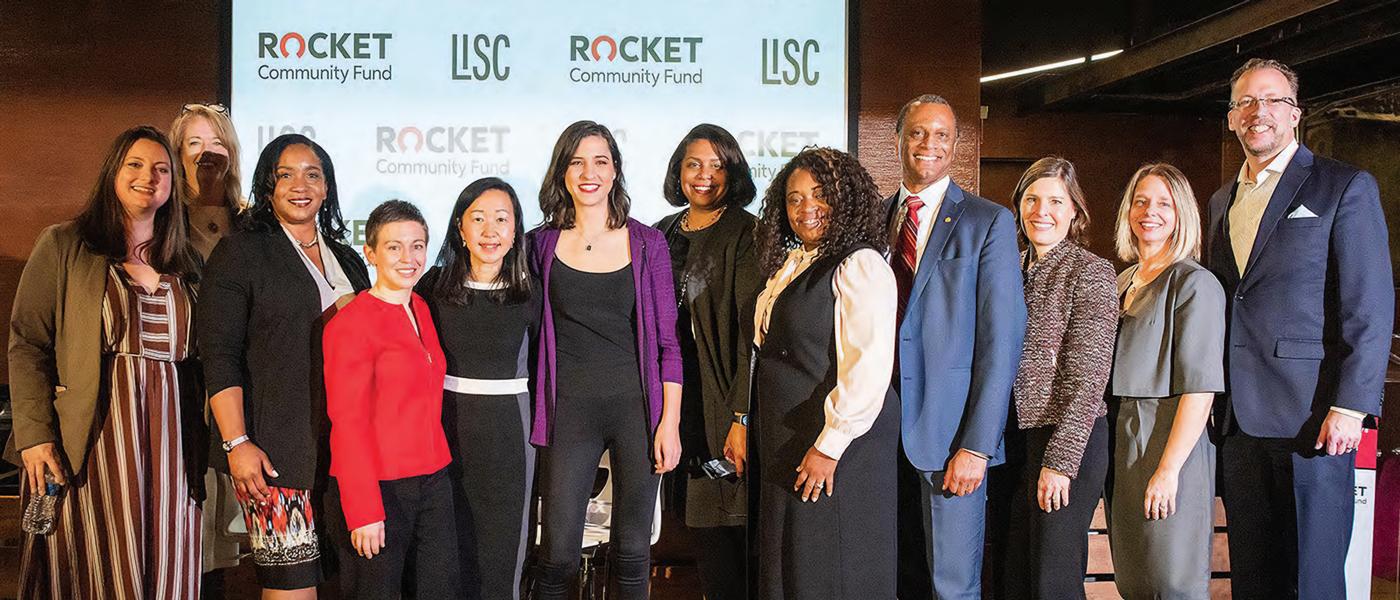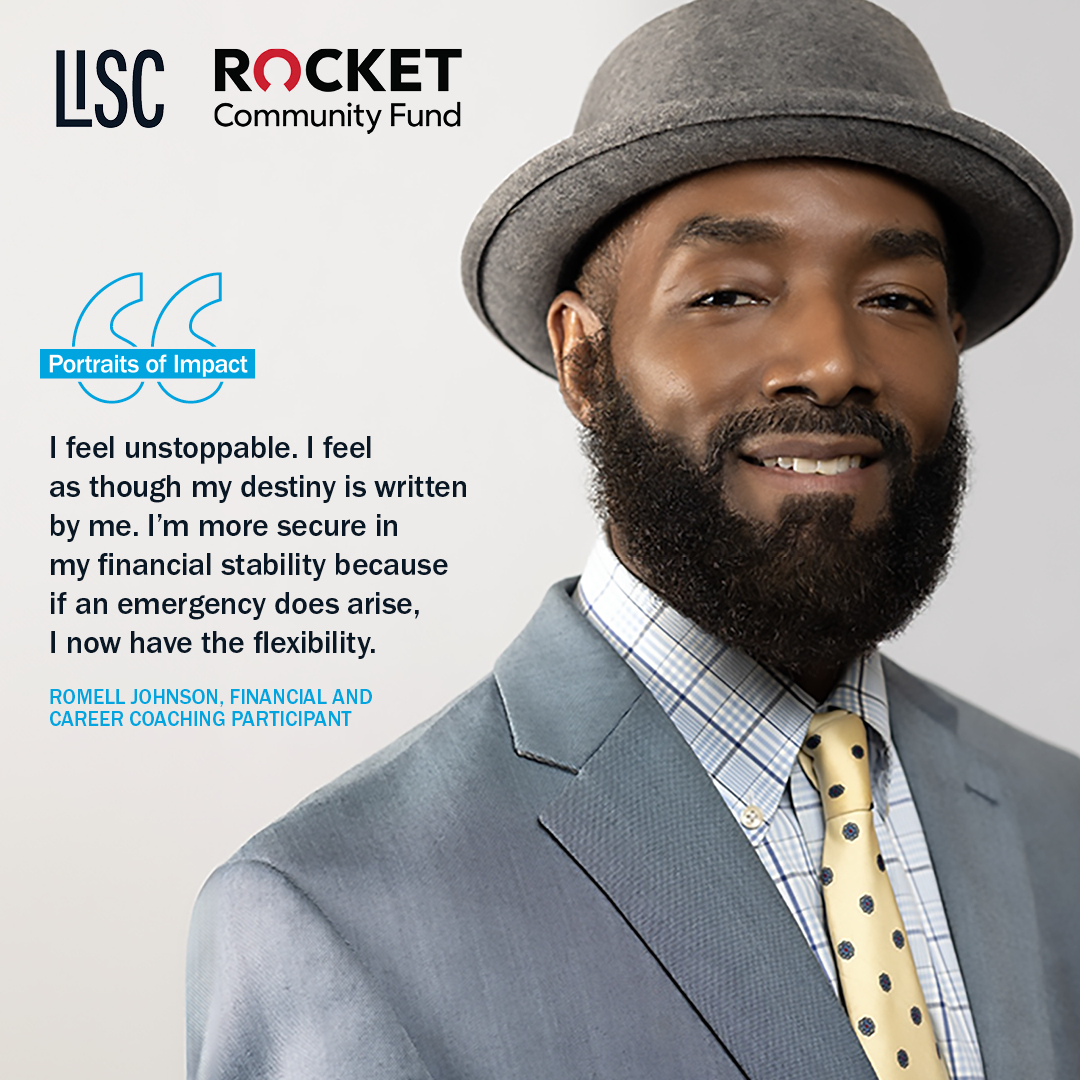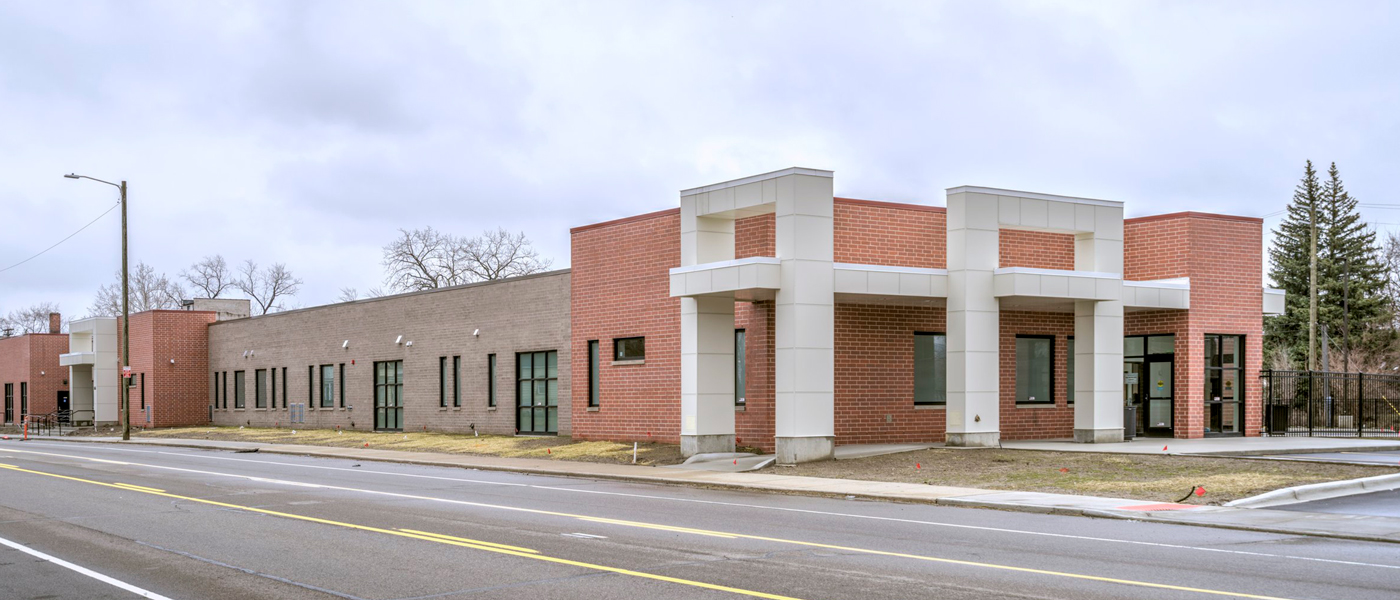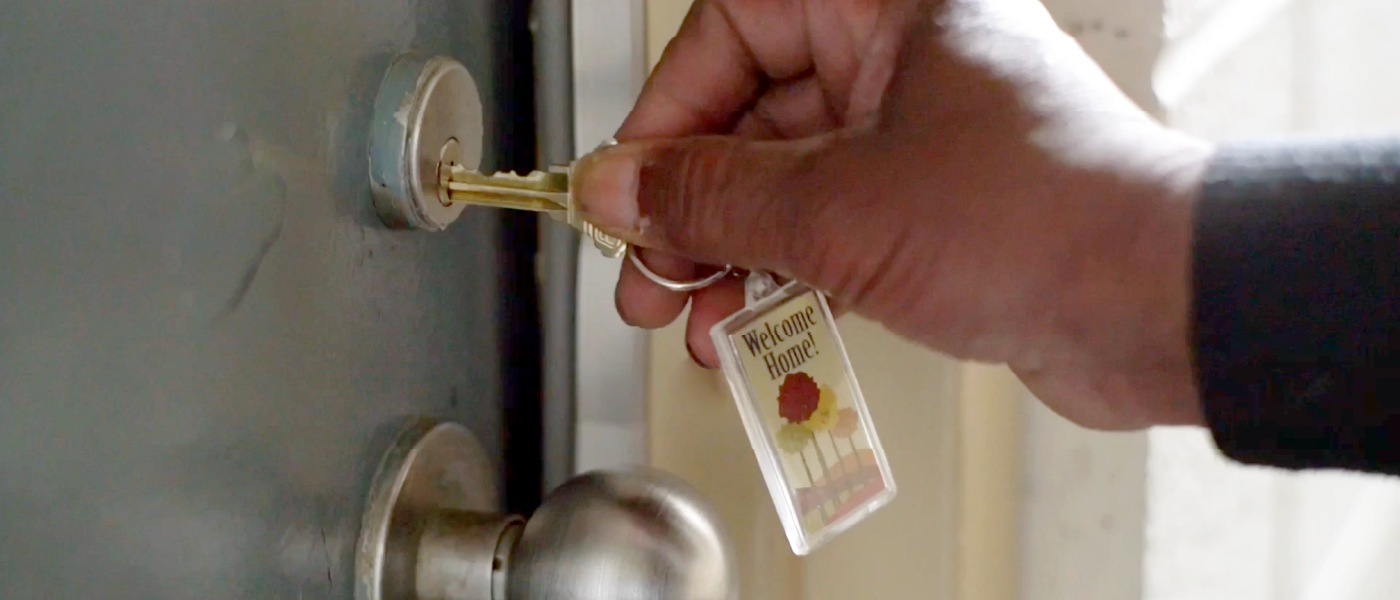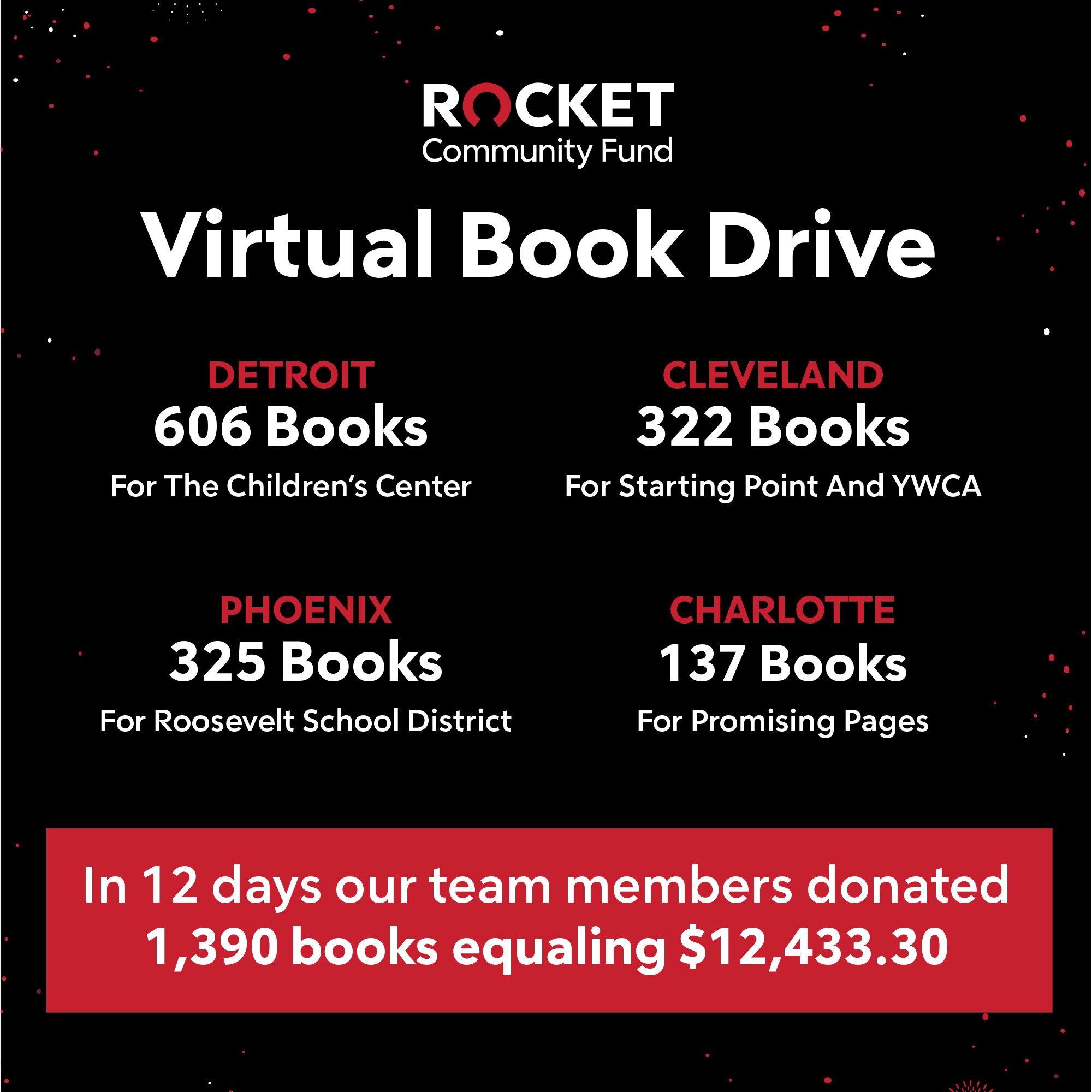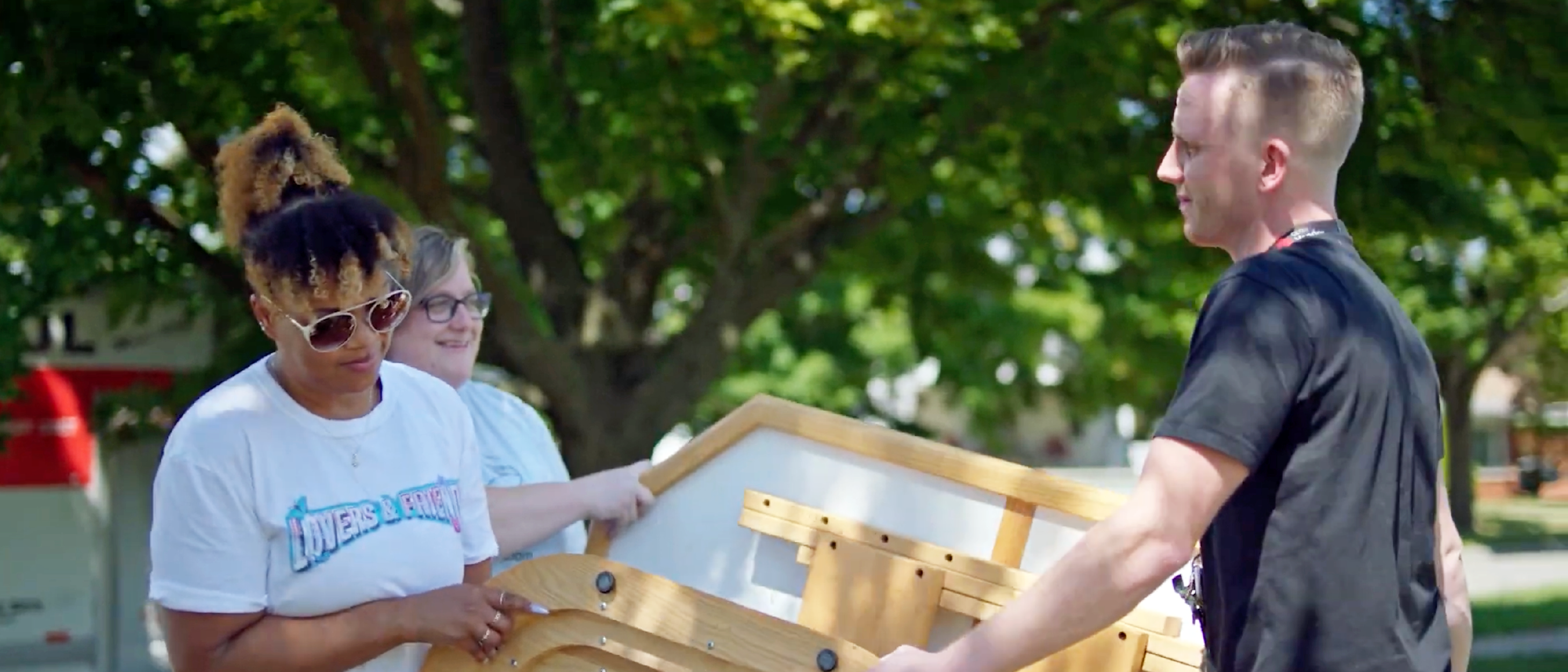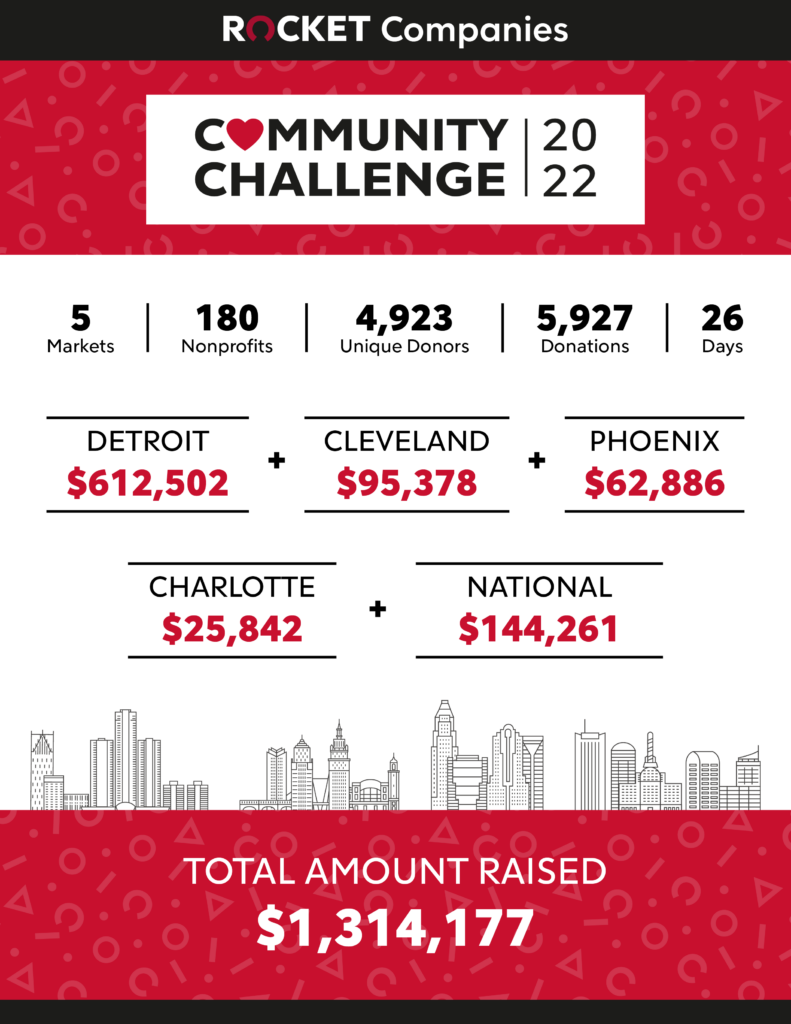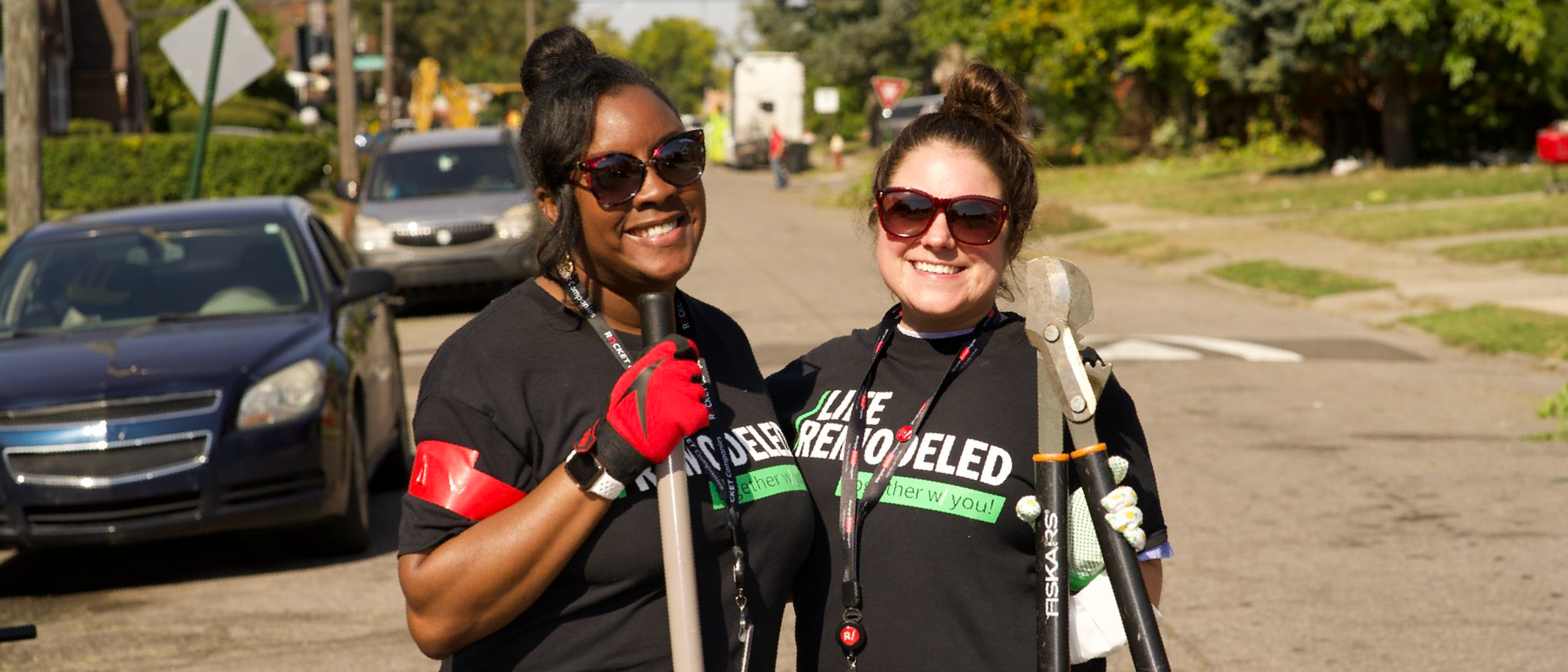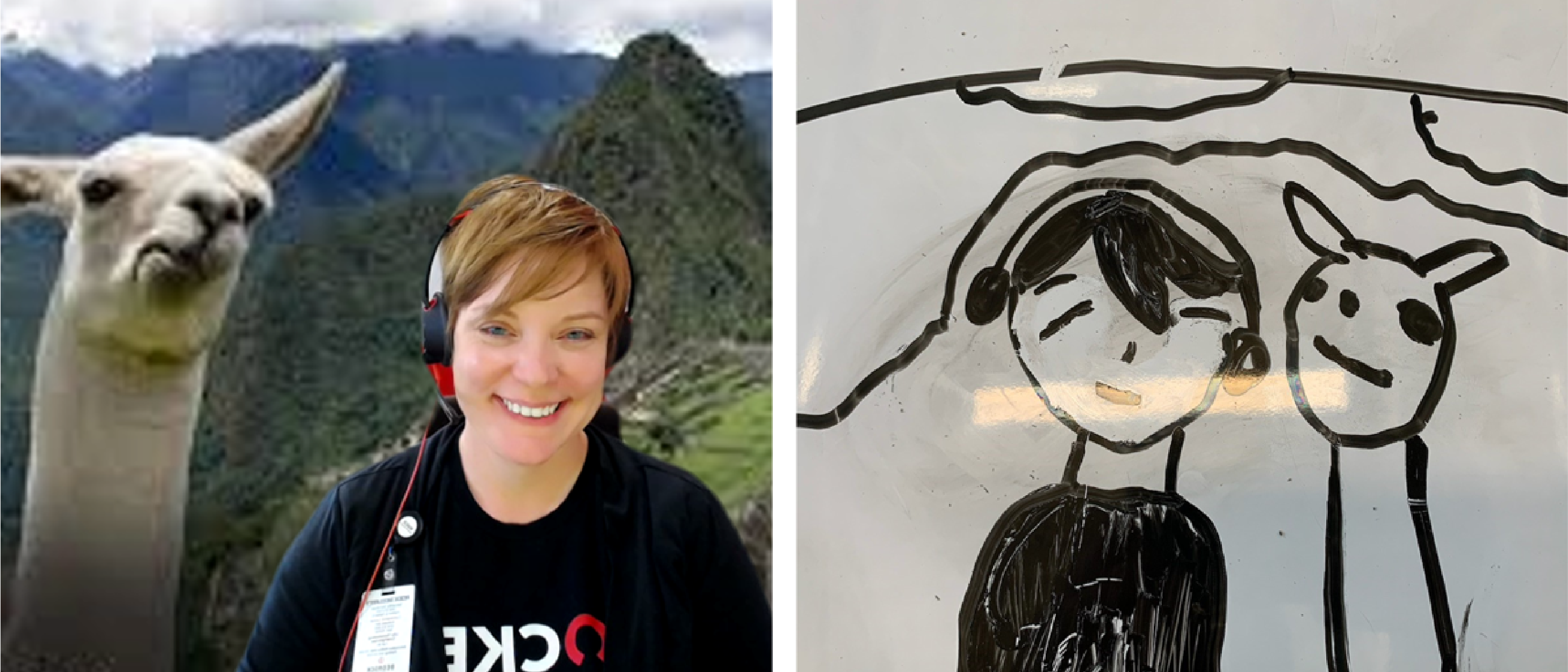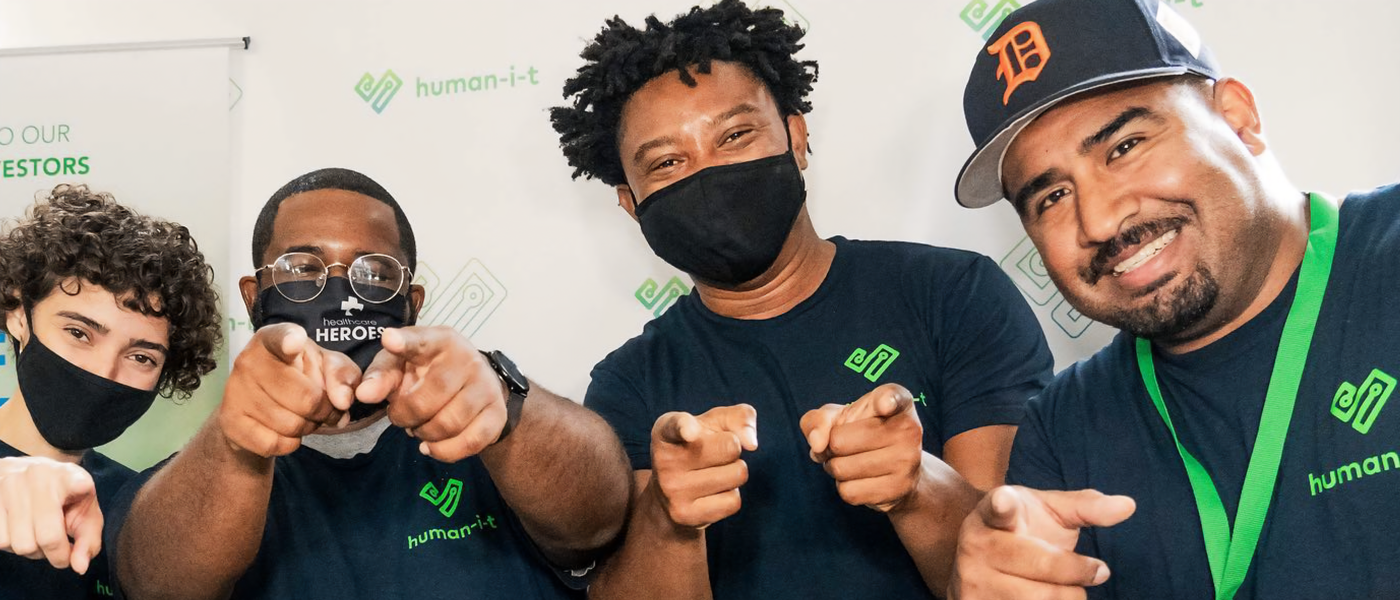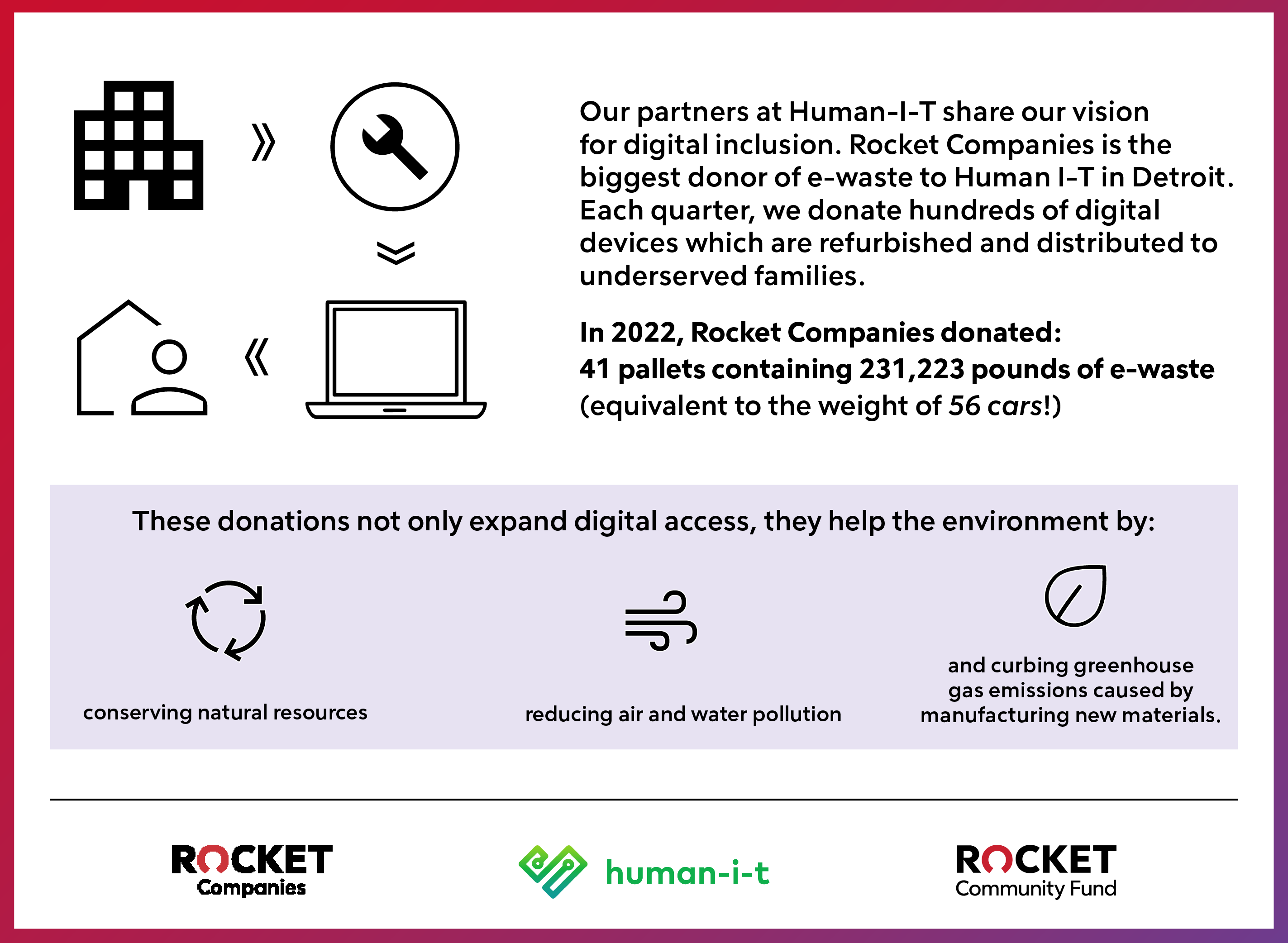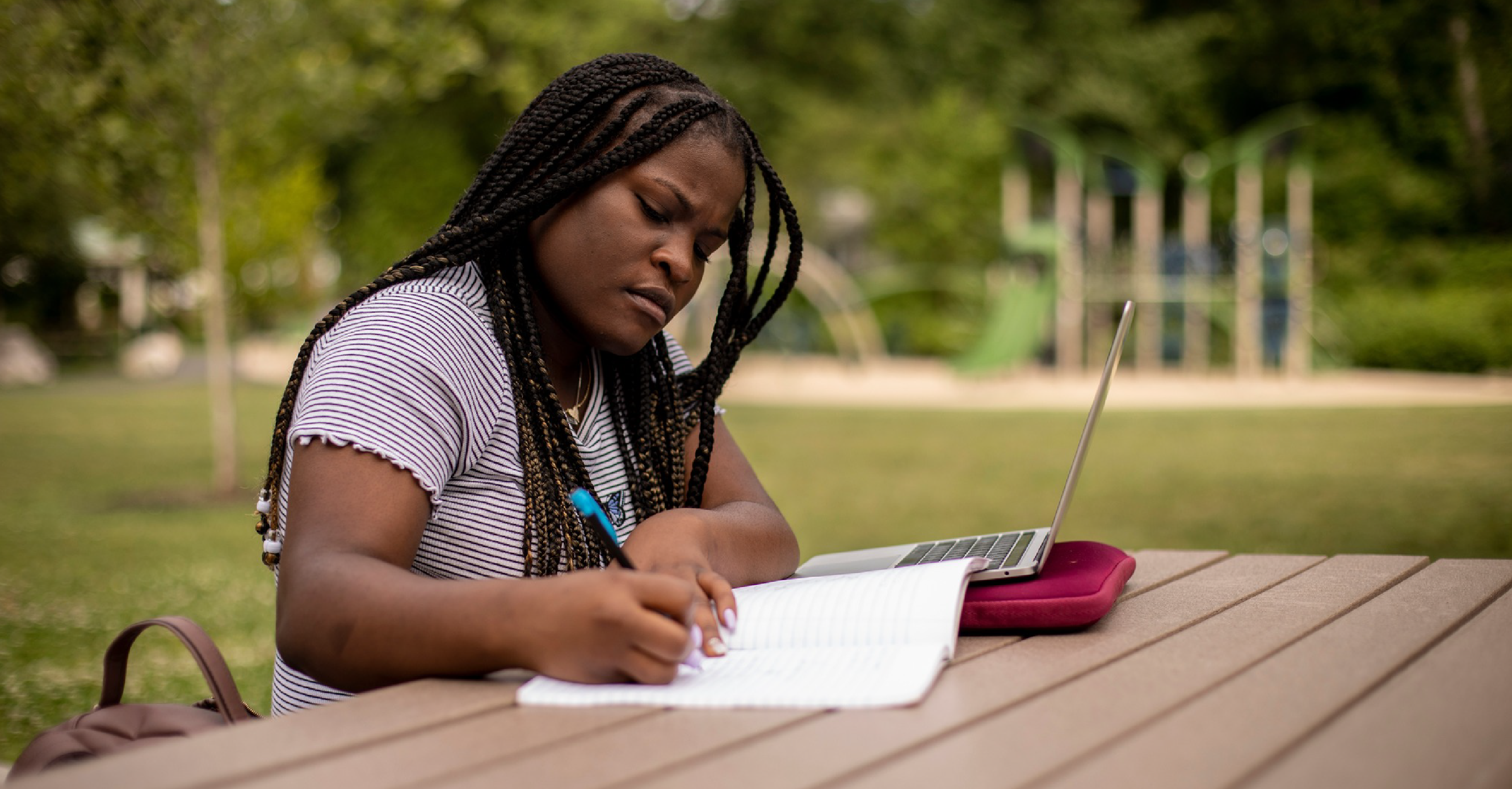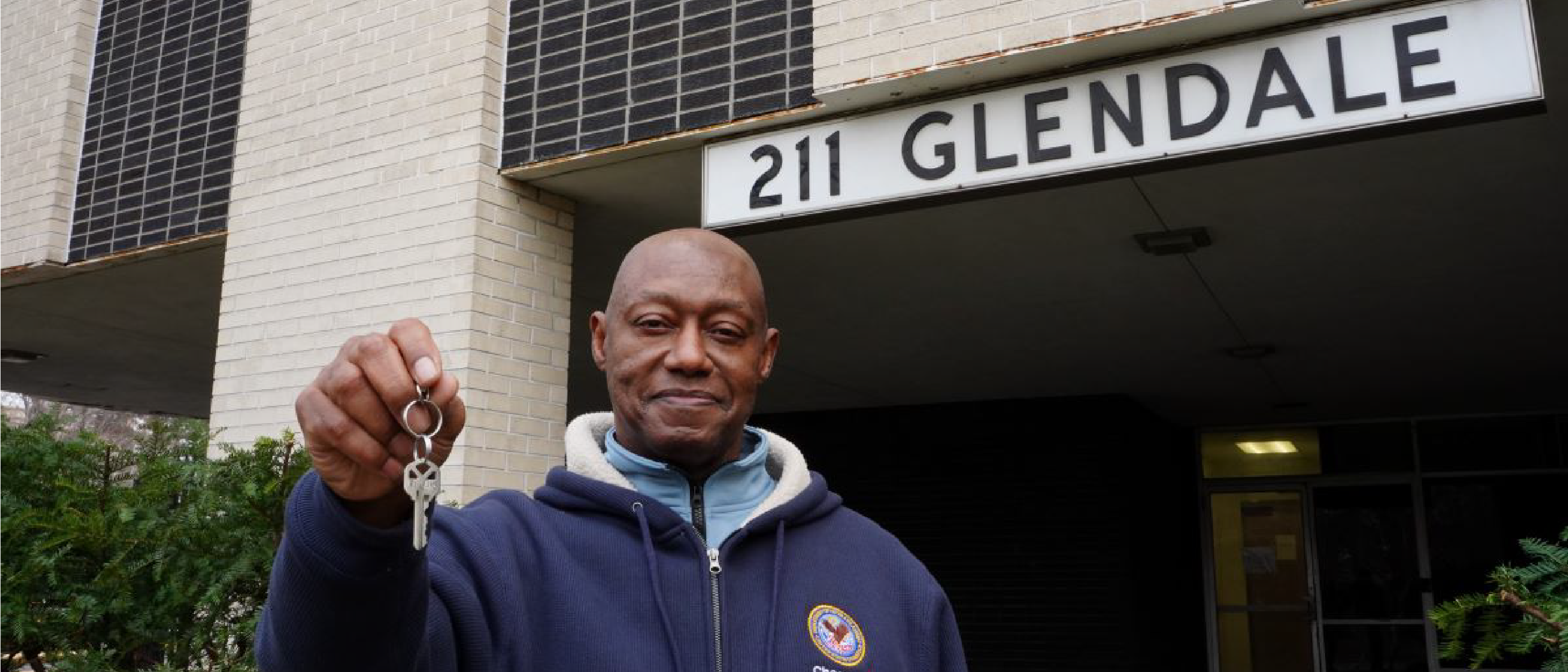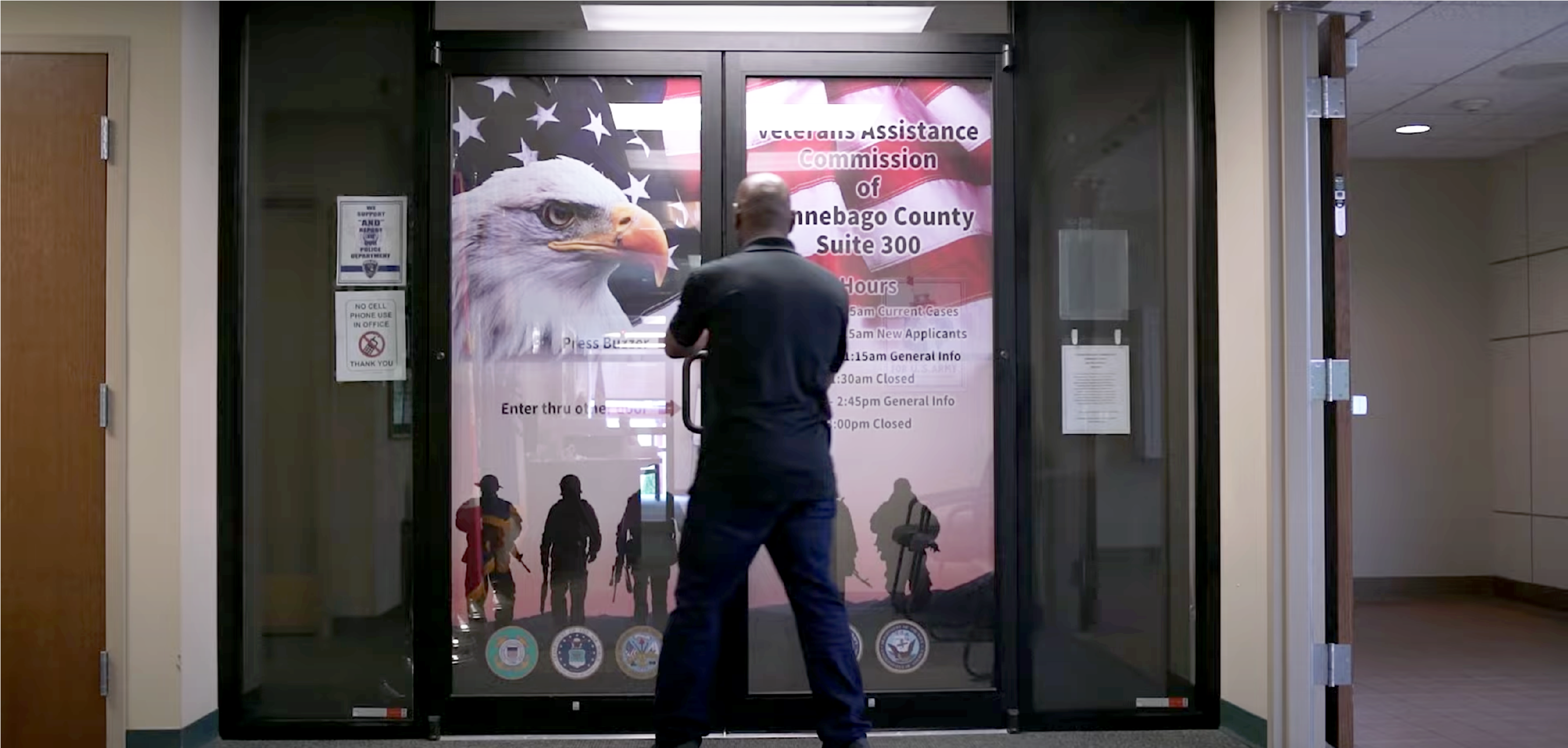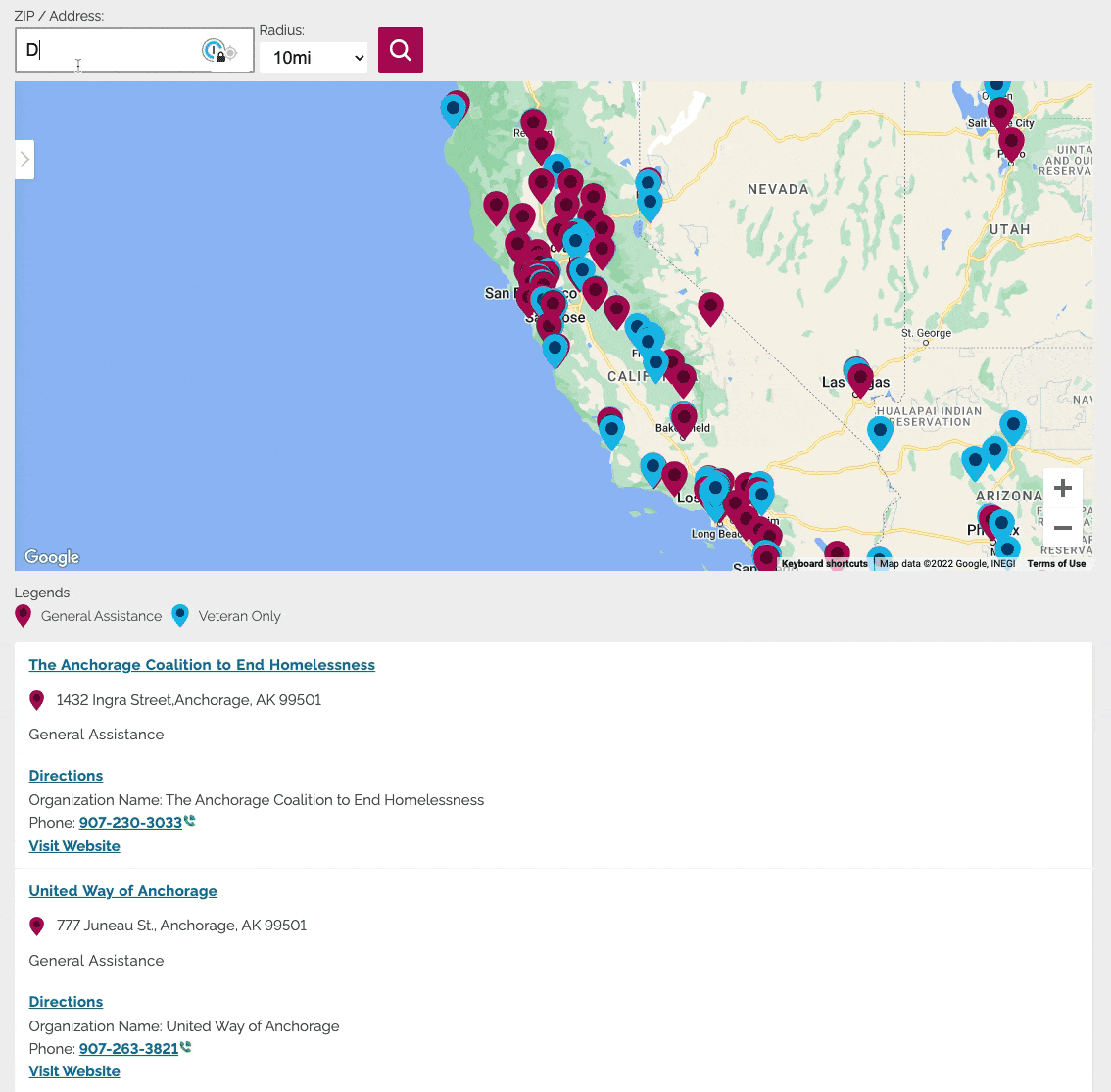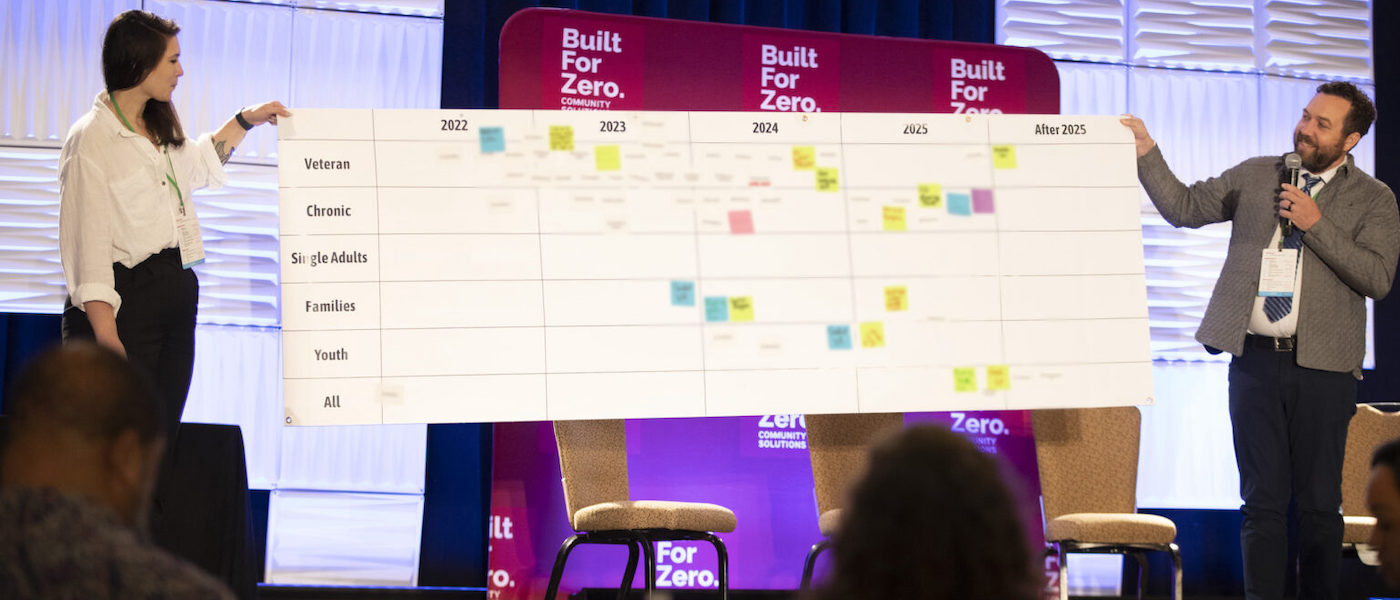We sat down to talk with Autumn Evans, our new Senior Program Manager, Digital Equity & Inclusion, to talk about bridging the digital divide in Detroit. The timing of this post coincides with Digital Inclusion Week, a national initiative to spread awareness, recognition, and celebration of collective efforts to increase digital access across the country. In Detroit, we have a lot to celebrate, as together we have helped bridge the digital divide considerably in just three years. Once the least connected city in the country with a 40% digital inclusion rate, Detroit is now at 70% digitally included. Autumn has played a significant role in the city’s success, as she previously led digital inclusion strategy for the City of Detroit. Now at the Rocket Community Fund, Autumn shares her thoughts on the future of digital inclusion and how she balances work and family.
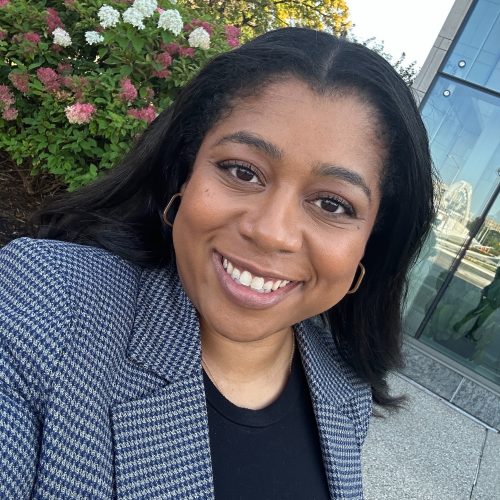
Rocket Community Fund: It’s Digital Inclusion Week right now, so we have to ask: What does digital inclusion mean to you, and why is it so important for building stronger communities?
Autumn Evans: Digital inclusion means to me that everyone has the knowledge and tools to navigate the digital world with confidence so that they can create their most fulfilling life. Strong communities do not shy away from technology, but they use it to leverage resources to realize their shared goals. From the household to the government, technology is a tool that should enable, not hinder. I’m excited to see how cities and communities across the nation celebrate a year of activation and education in the digital equity space.
RCF: You have deep experience in digital inclusion, having previously worked for the City of Detroit and Connect 313, the organization established in 2020 as part of the Rocket Mortgage Classic’s “Changing the Course” initiative to bridge the digital divide in Detroit. What drew you to take up this work?
AE: I fell into the digital equity world after standing up the Connecting Seniors Program hosted by Connect 313 in late 2020. I was working at a local nonprofit that served thousands of food-insecure and homebound seniors monthly. When presented with the opportunity to connect this vulnerable population and their caretakers with technology and connectivity, it sparked a new passion in me. My eyes were opened to how dire the state of digital access was for the people I served every day. As I reflected on my own journey with technology, I realized how fast my life changed because I had access to information and services that were only available online. I realized how digital access accelerated my ability to build wealth and health. Everyone should have these tools at their fingertips.
Once I began working at Connect 313, I saw how important building social infrastructures are to tackling systemic issues like the digital divide. I was immediately hooked on making this operation work.
RCF: What excites you most about leading our digital equity and inclusion strategy at the Rocket Community Fund?
AE: What excites me most about leading the digital equity and inclusion strategy here is the ability to test and scale innovative solutions and support ecosystems across our priority cities and communities. I hope to work alongside Digital Equity Champions in Atlanta, Cleveland, and Milwaukee to sustain existing solutions while uncovering additional opportunities. Digital equity is becoming a super determinant of health that touches every aspect of society. To that end, I’m looking forward to collaborating with program teams across both the Rocket Community Fund and the Gilbert Family Foundation to tie threads with our housing stability, arts and culture, and public spaces work. I know we can create successful outcomes together!
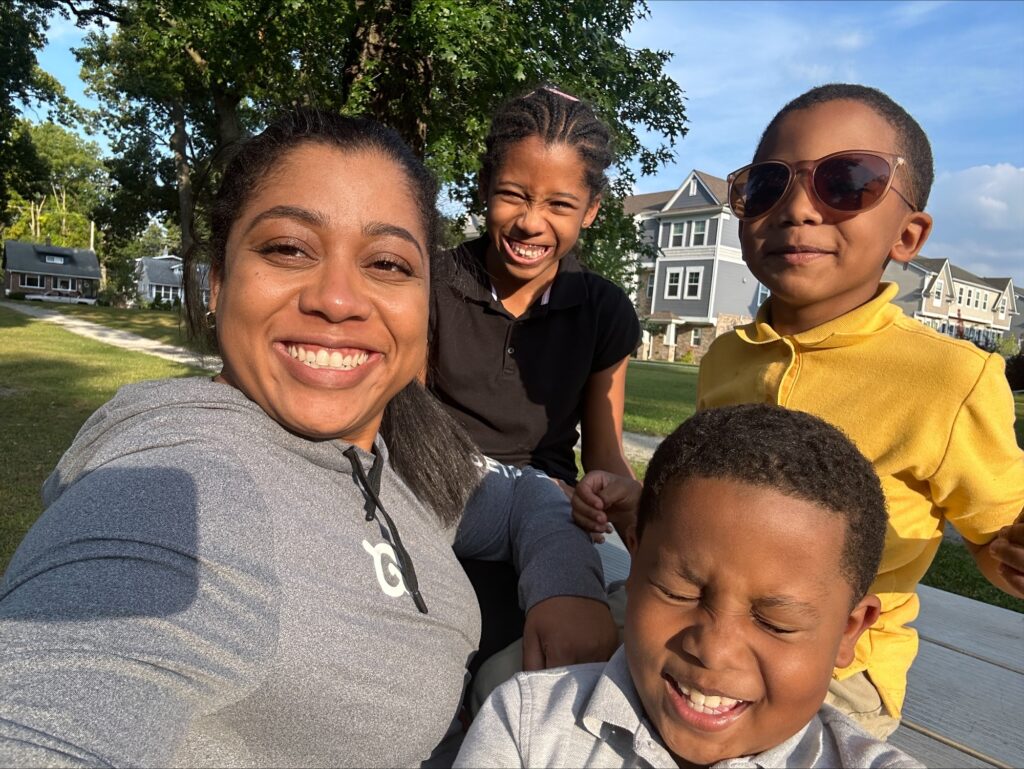
RCF: We’ve made a lot of progress bridging the digital divide in Detroit, but we know there is a lot more to do. Moving forward, what is your biggest hope for the city of Detroit? Do you think we can expand these goals to other cities?
AE: I hope to see a connectivity or internet solution that serves our most vulnerable residents. Currently, federal dollars are being allocated across the nation to address the digital divide. Urban communities like Detroit are usually considered “served” even though many high-speed options are unaffordable, unreliable, or don’t meet the needs of the community, and so we’re often overlooked when it comes to allocating funding.
Digital inclusion activities such as providing devices and digital literacy opportunities work best when there is a secure connection in the home. Detroit residents are frustrated and looking for alternative solutions. With willing partners and a new equitable funding model coming down the pipeline, I am confident we will find a pathway forward. The activation may look different geographically but the goal to connect communities through an equity-first lens is achievable regardless.
RCF: You’re a mom of three. How do you make sure your kids are connected and supported, especially when navigating that work-life balance seems at times impossible?
AE: Currently, I am passionate about creating memories with my kids! Being a working mom is tough. My kids are at the age where they want to do something fun every day of the week and that’s not always feasible when work commitments arise. So I try to create mini-magical moments with them every day. We play at the park after-school, make up our own stories, and I teach them about early 2000’s hip-hop and R&B. Sometimes my middle-school daughter tells me I’m cool or an “It Girl” and in that moment I rest knowing that she is proud of me. Seeing them joyful makes me even more passionate about being a leader and a mom.

